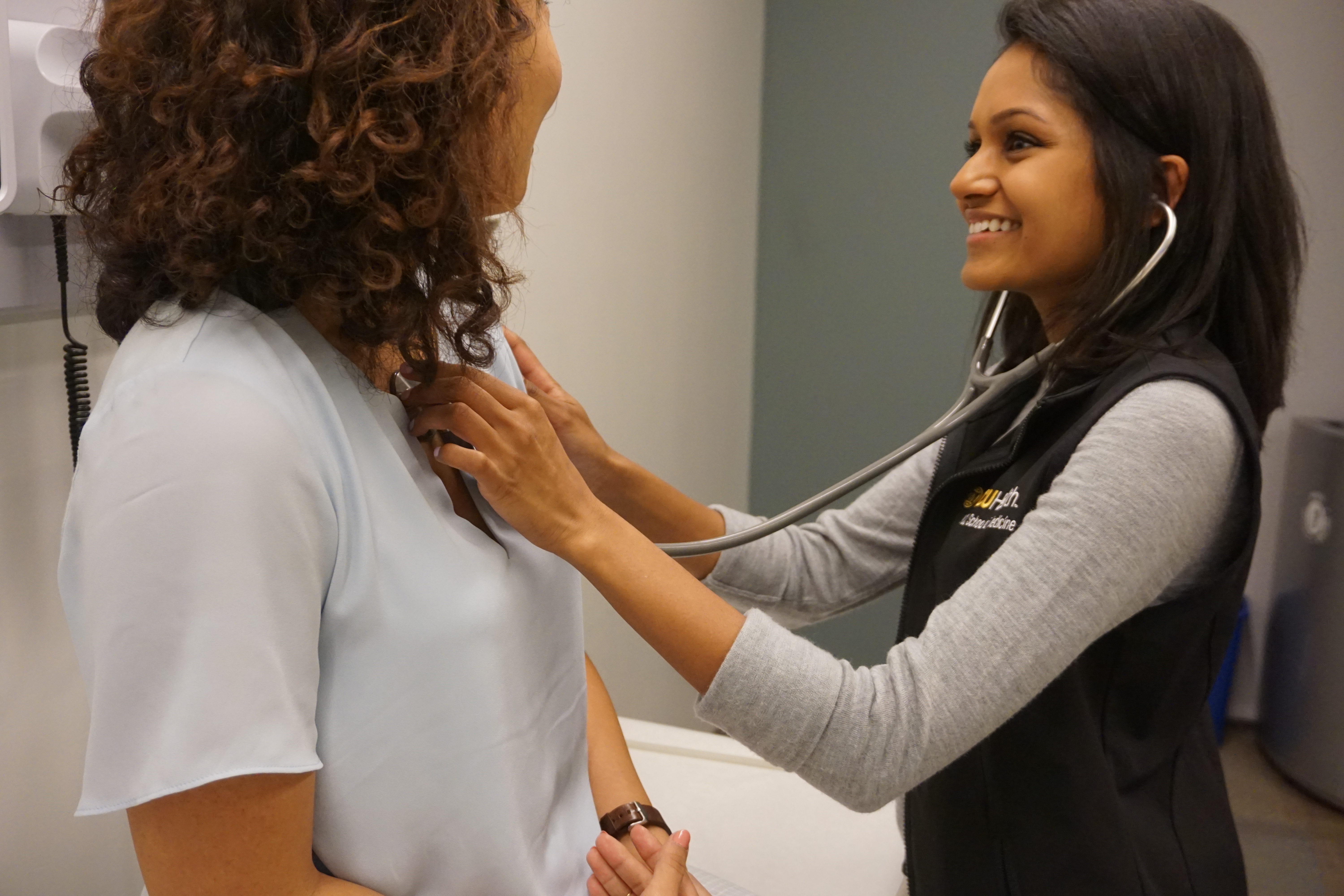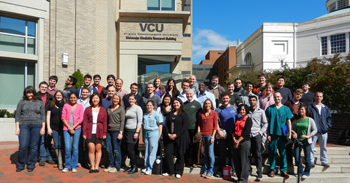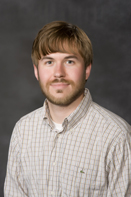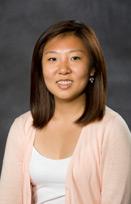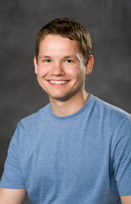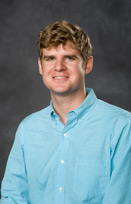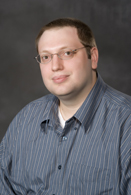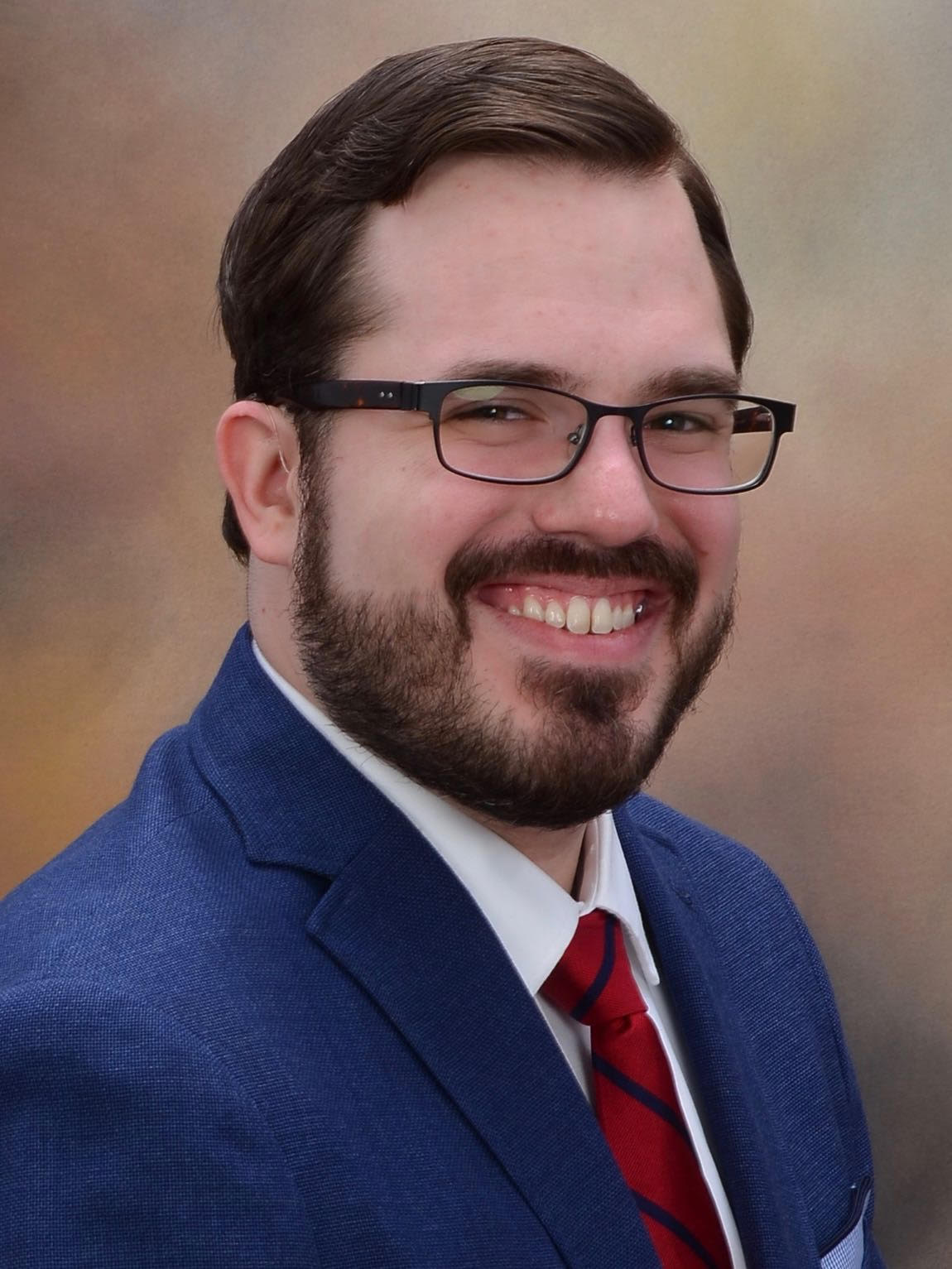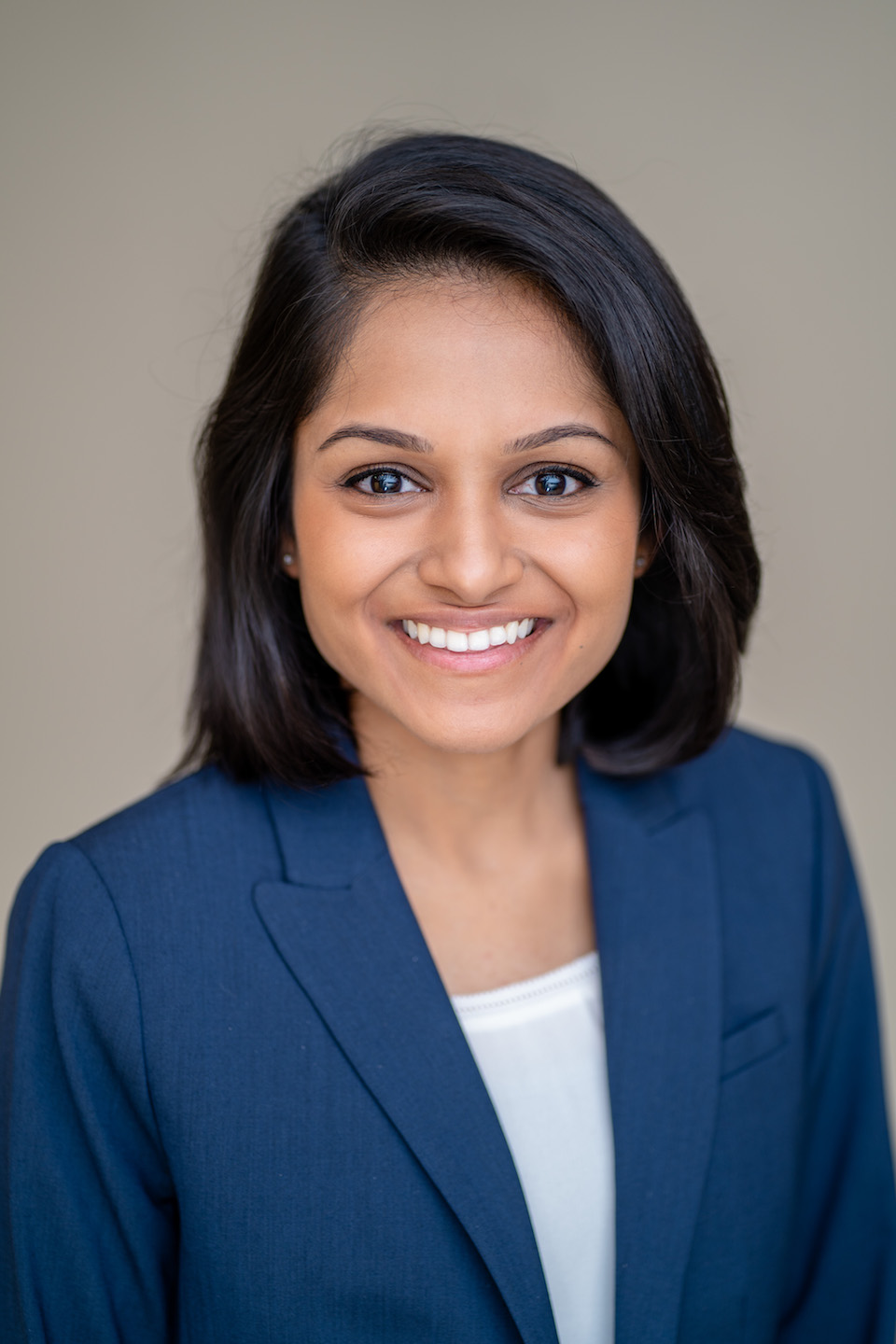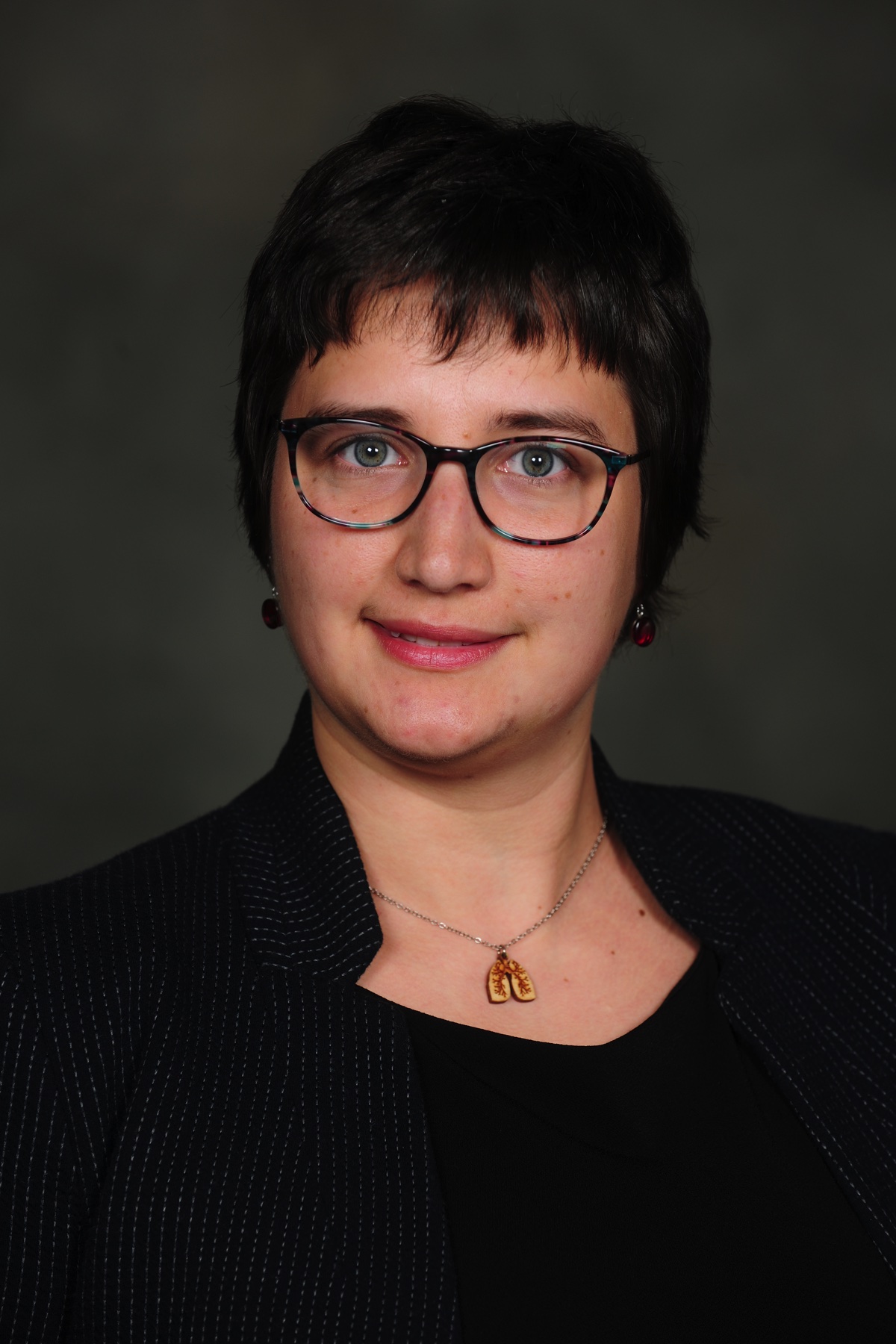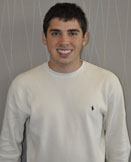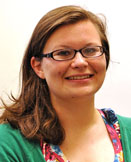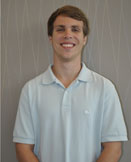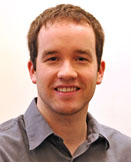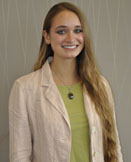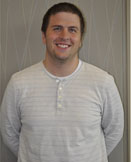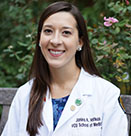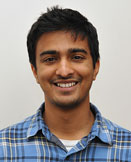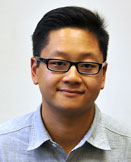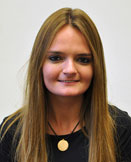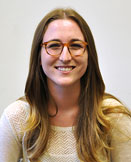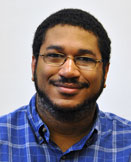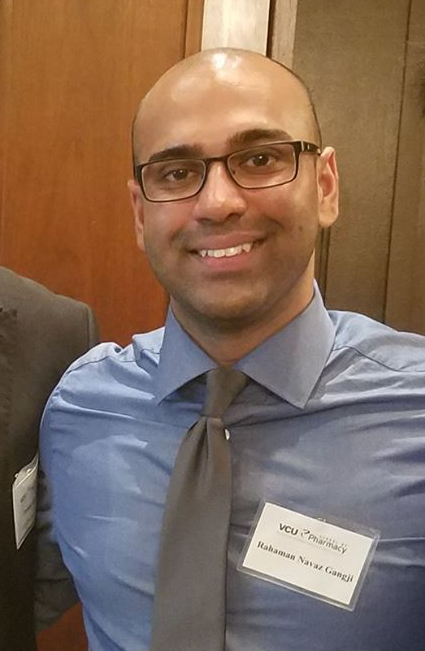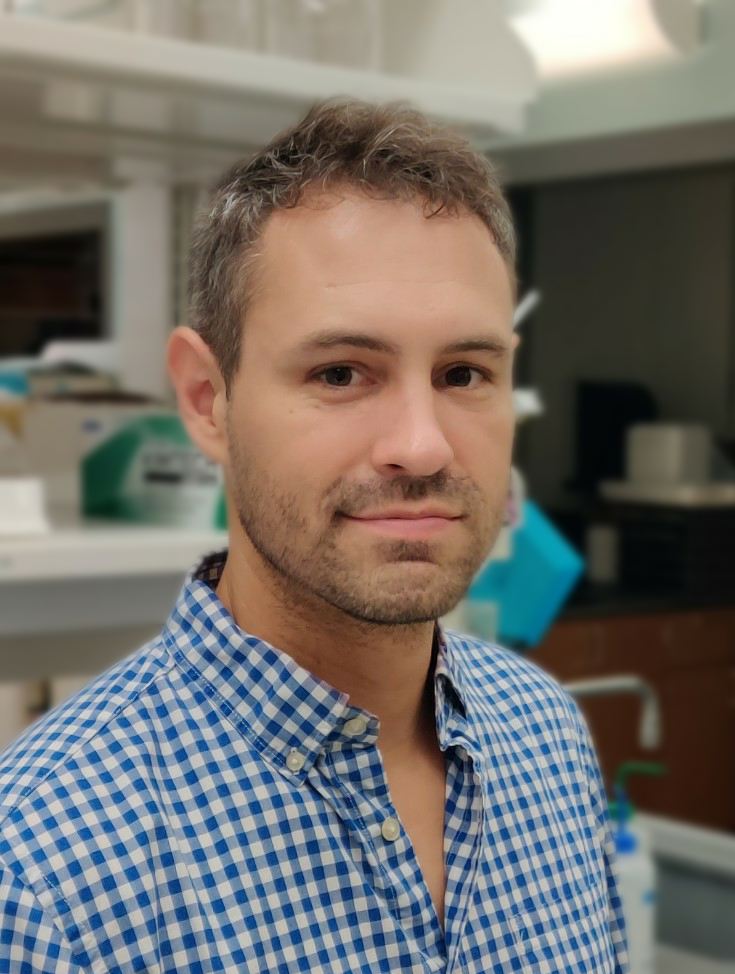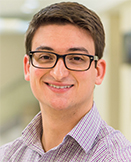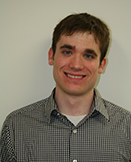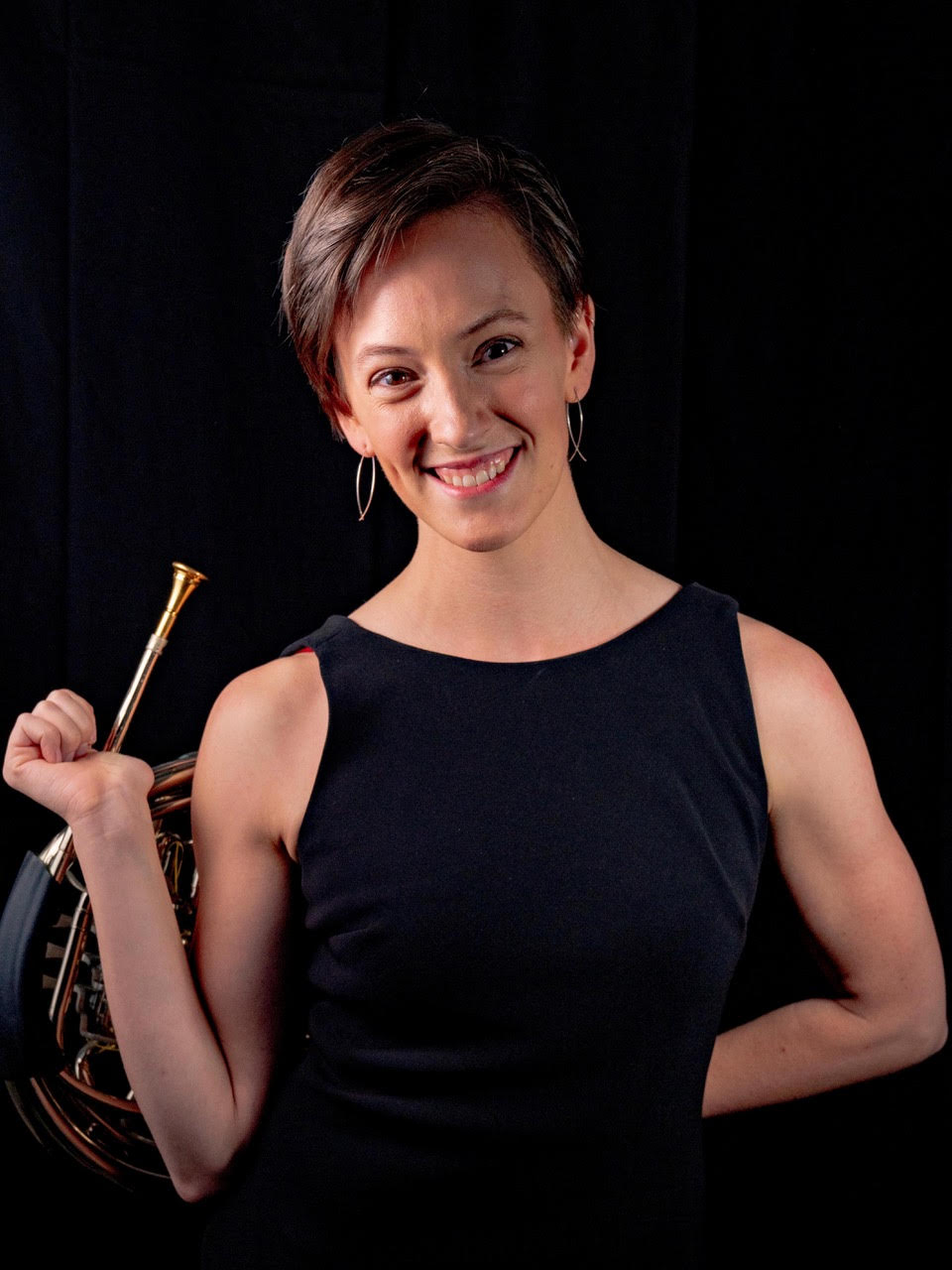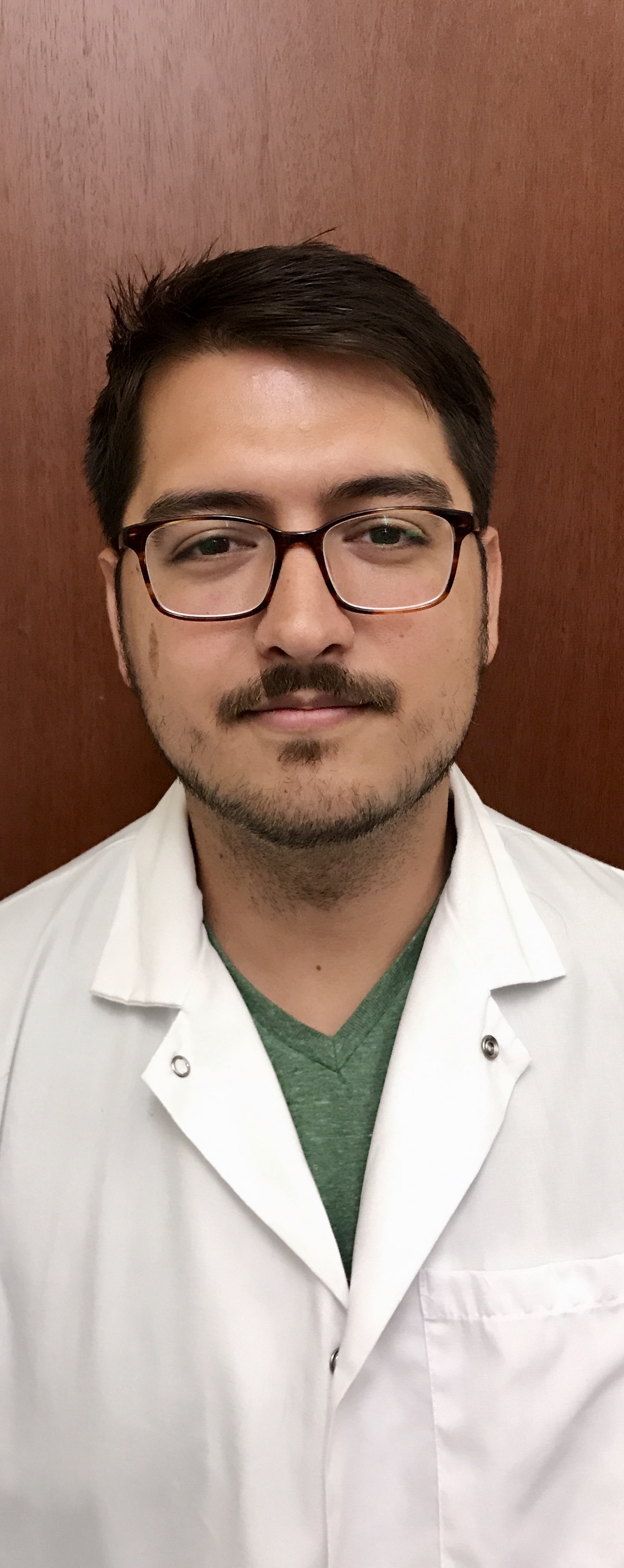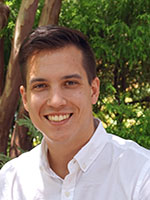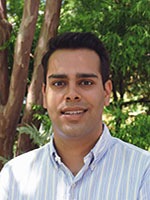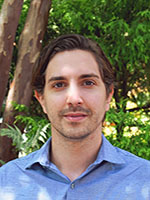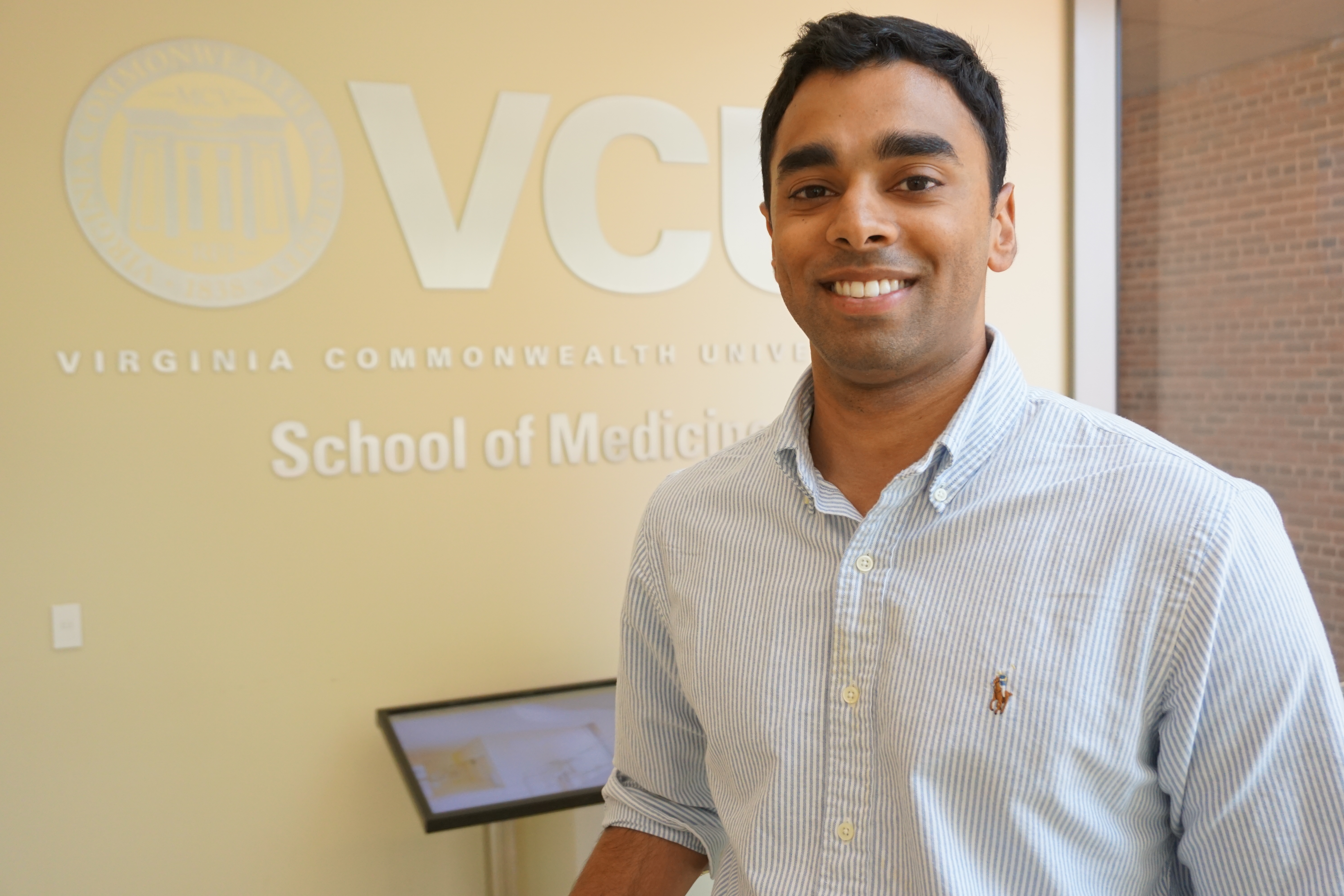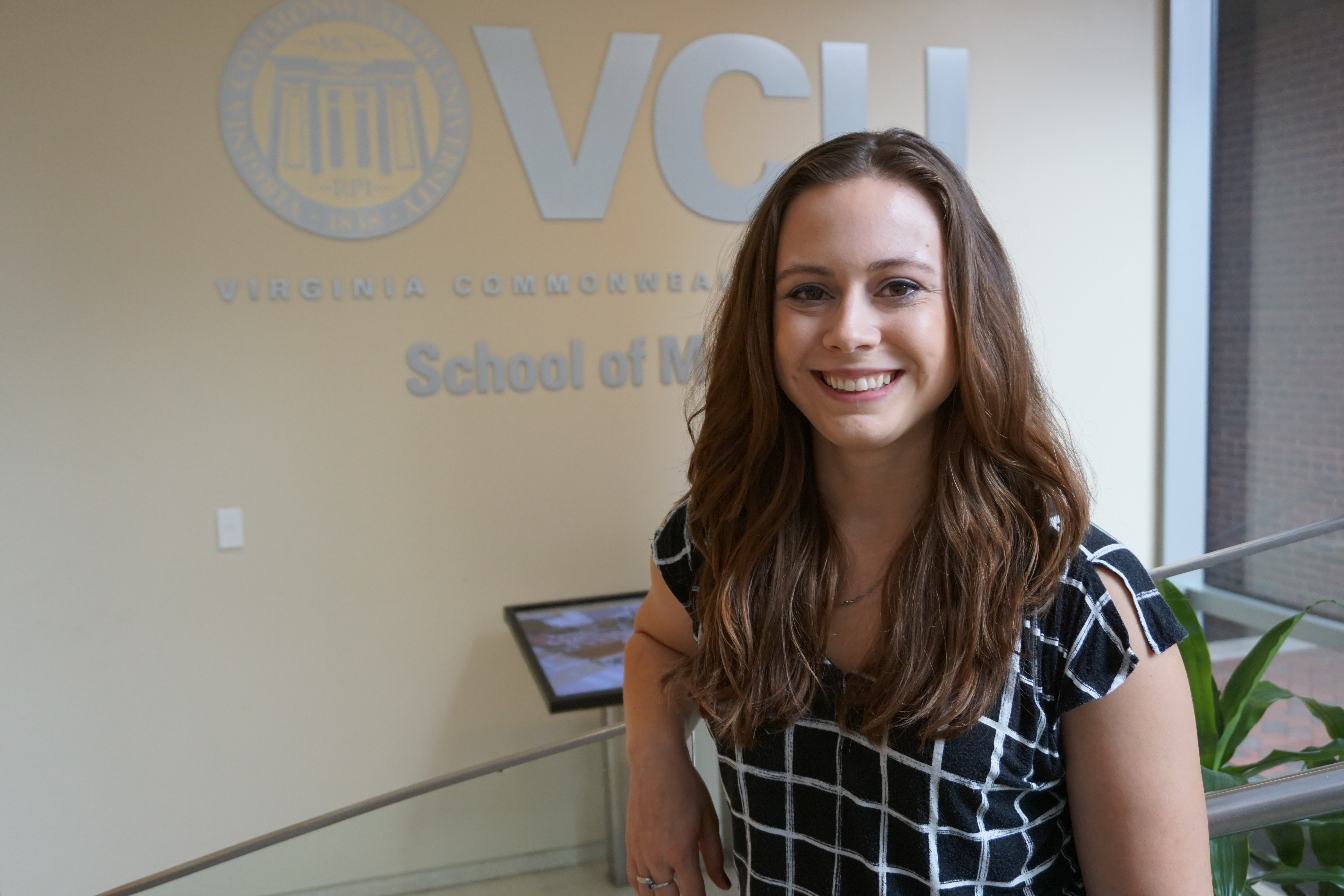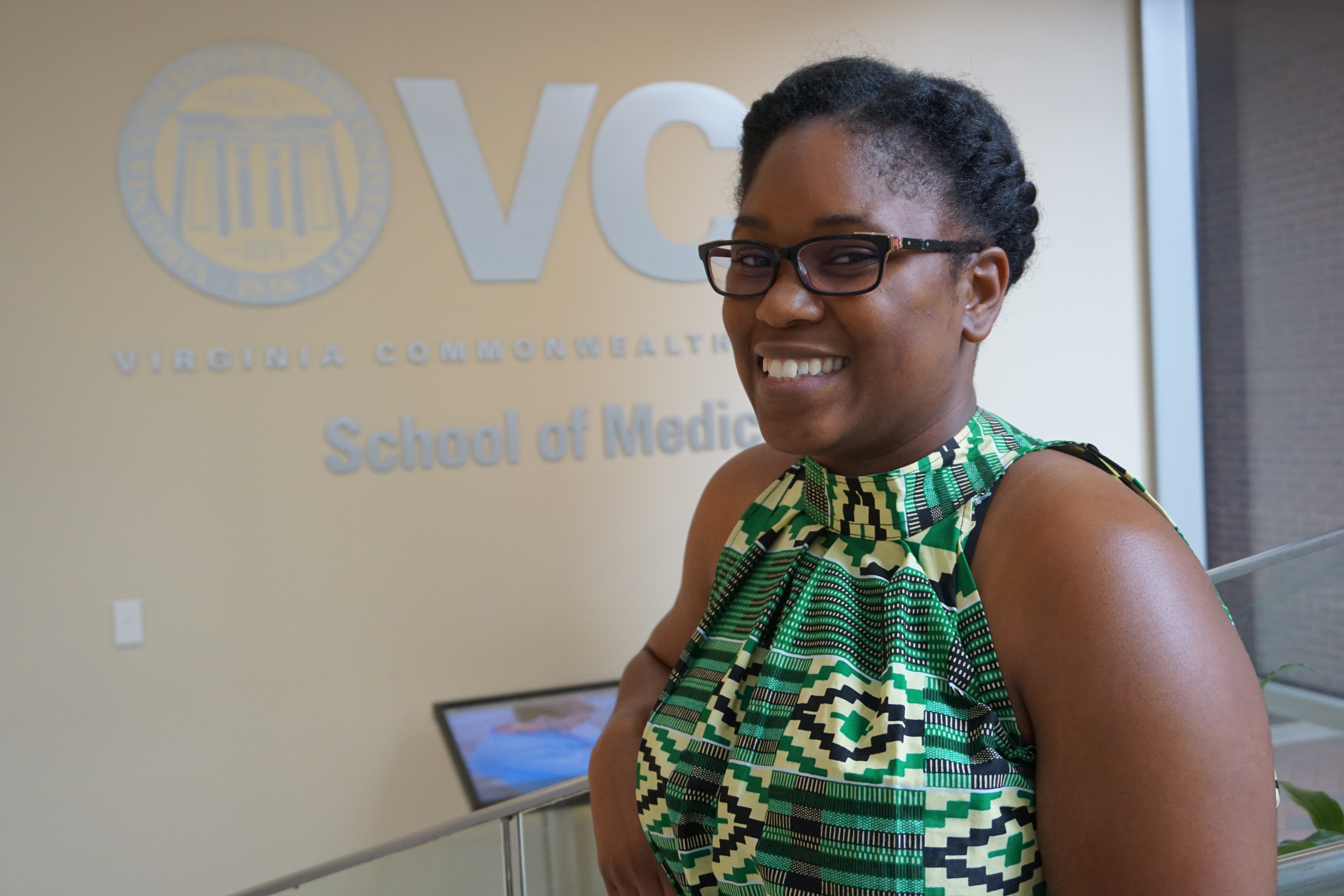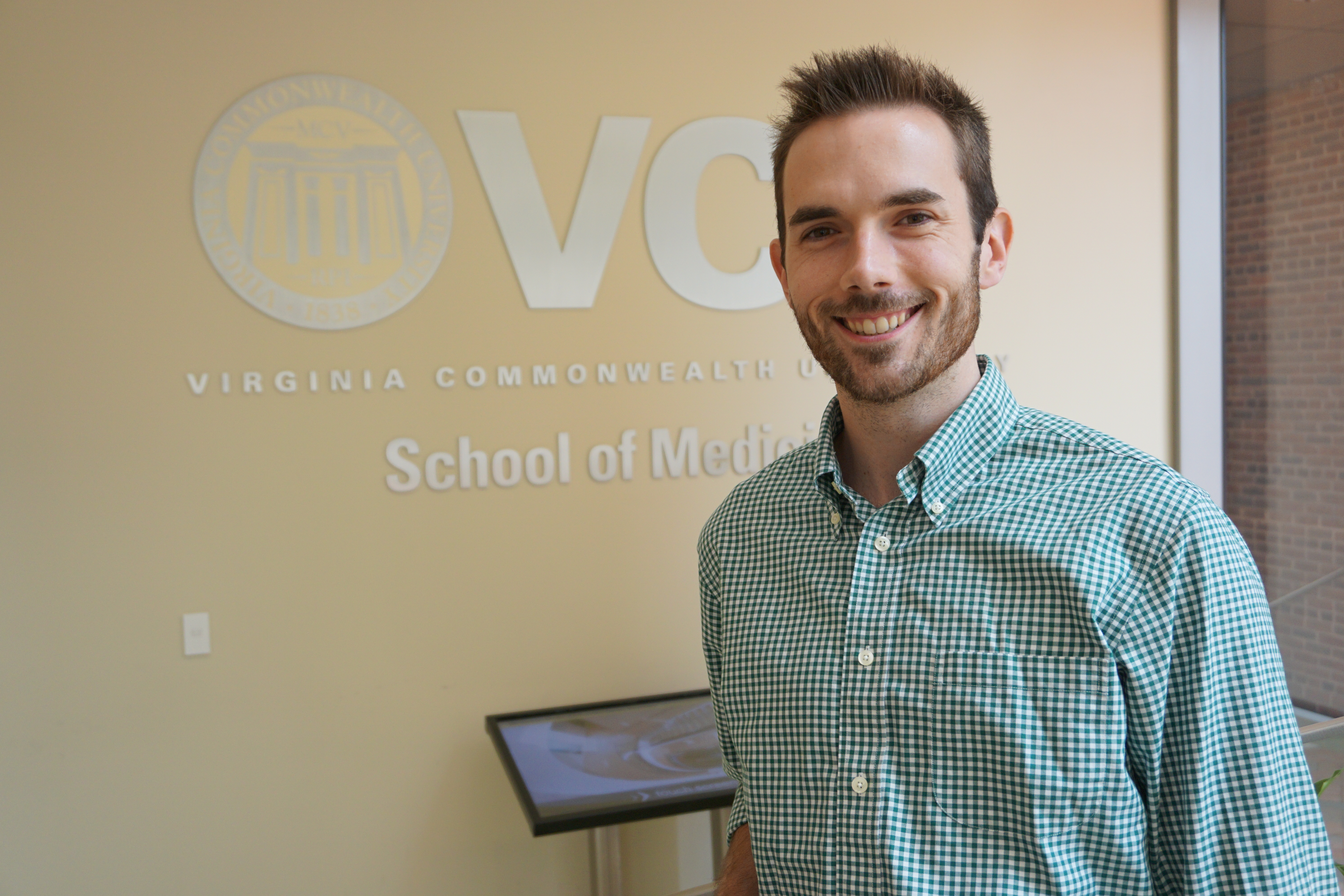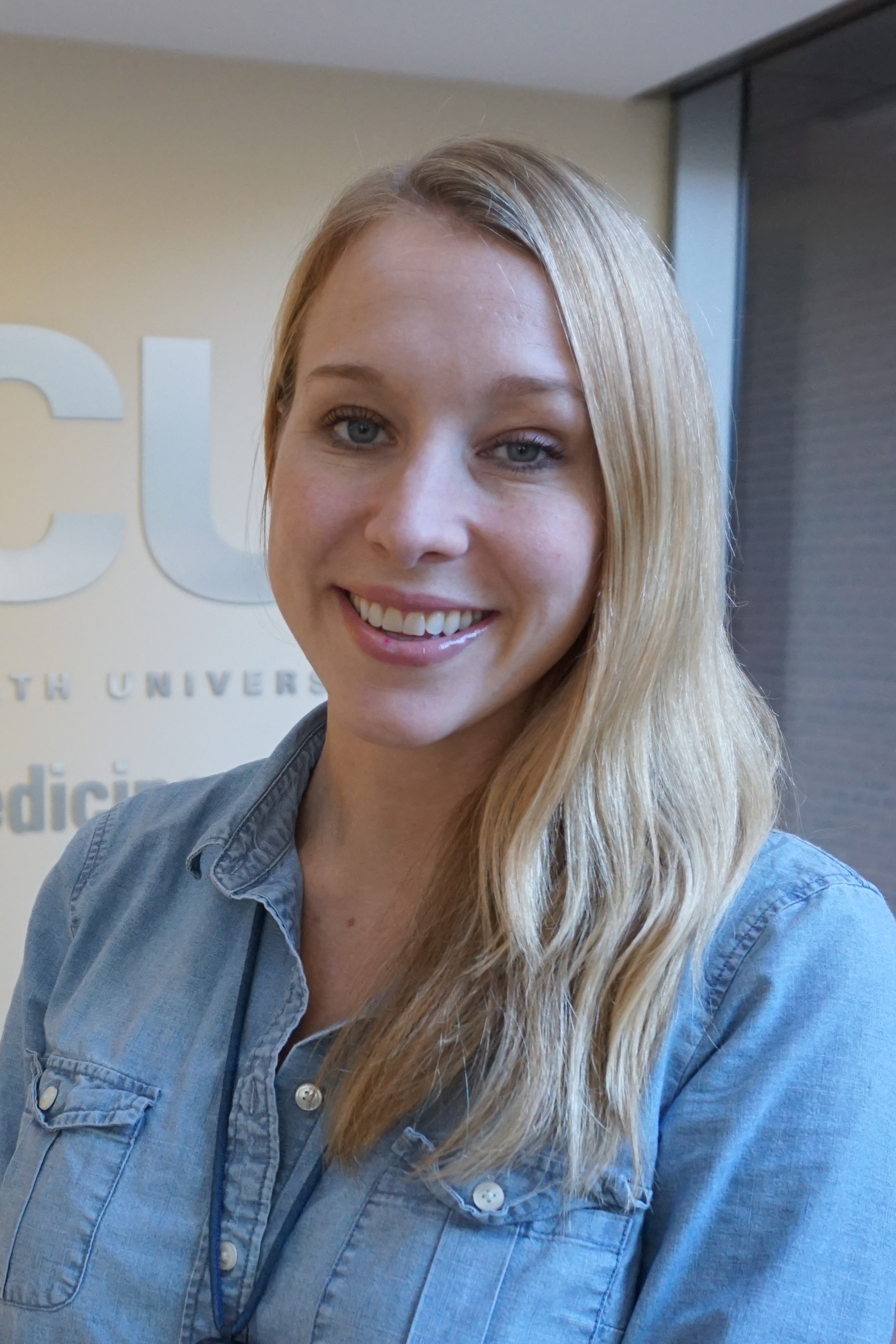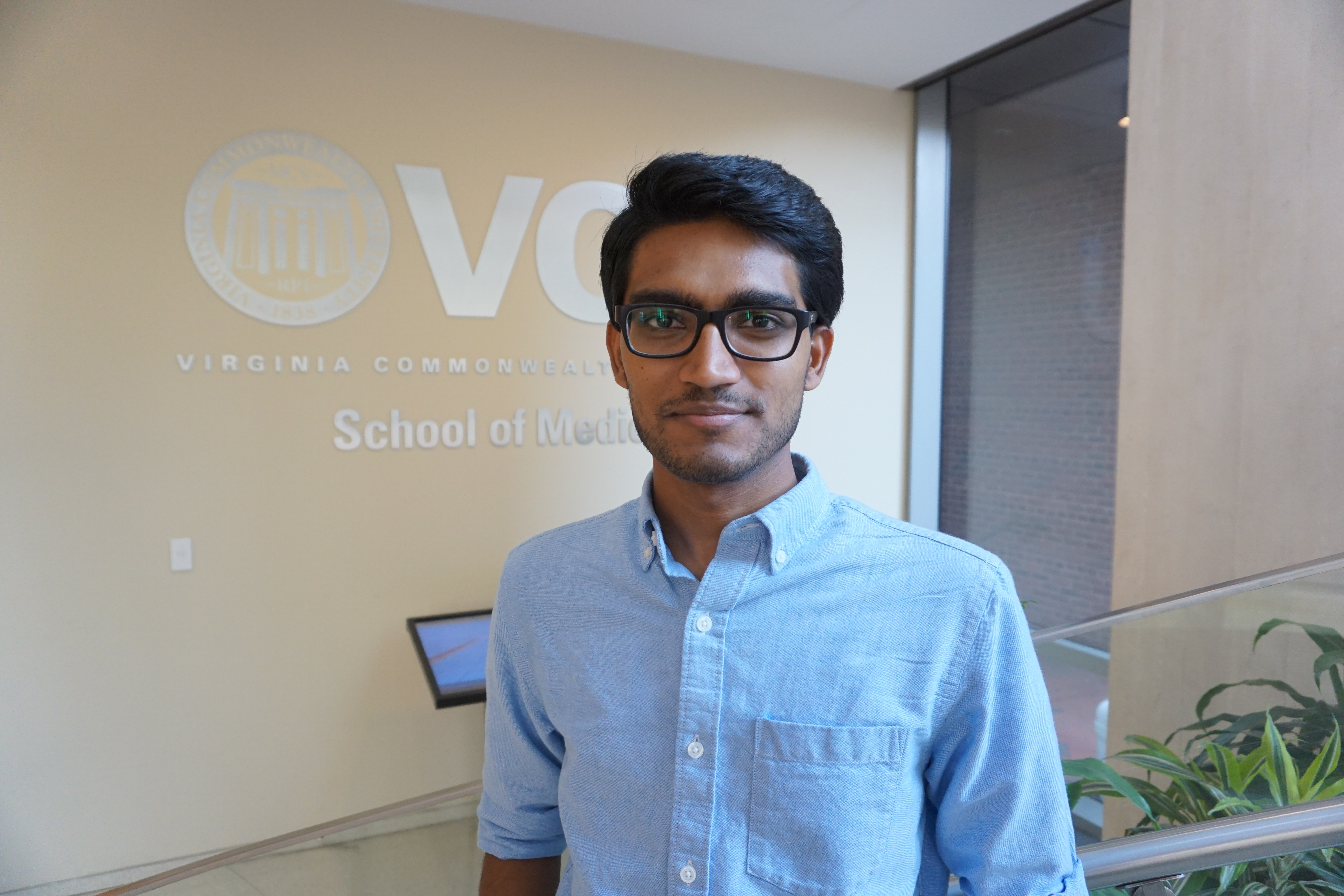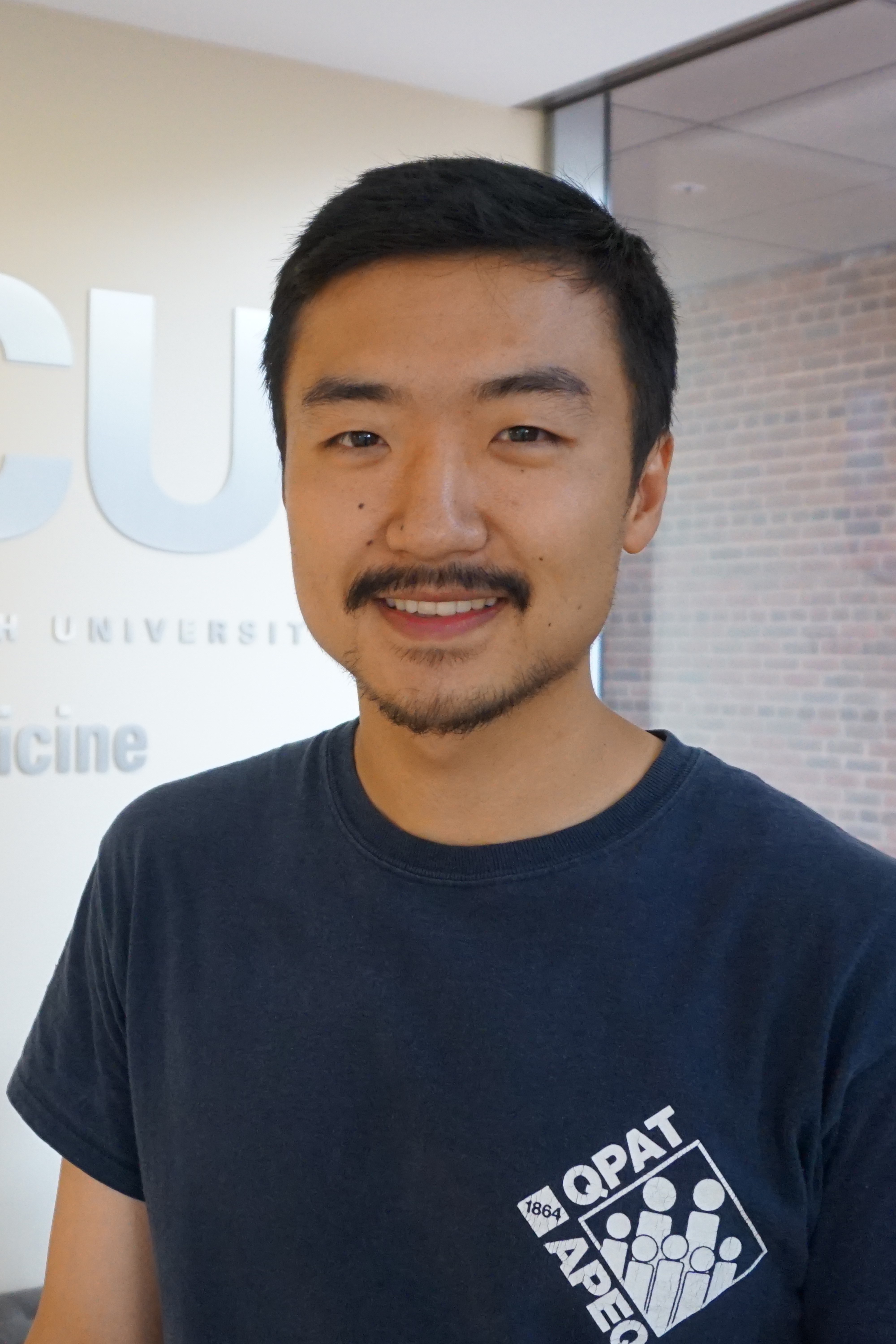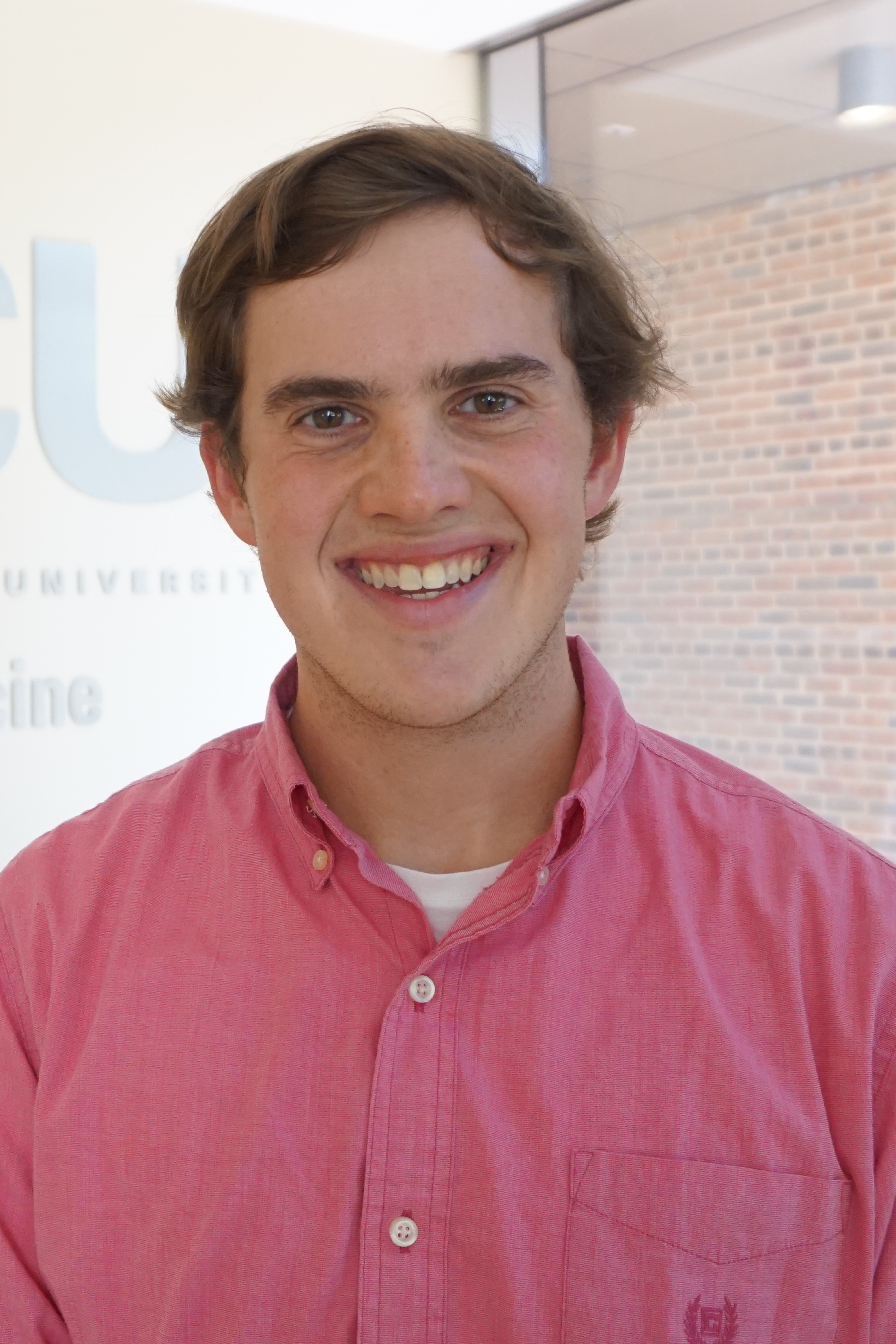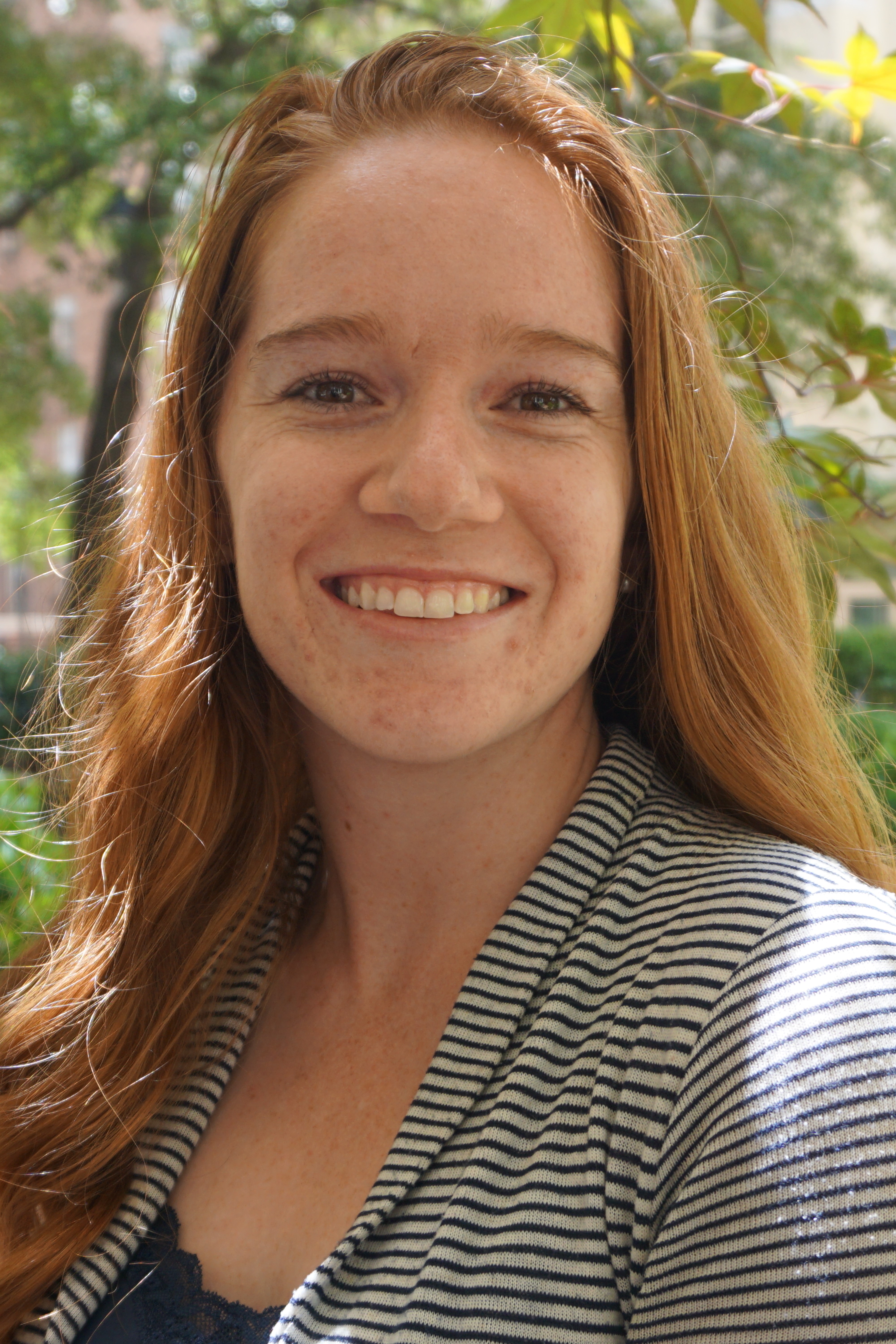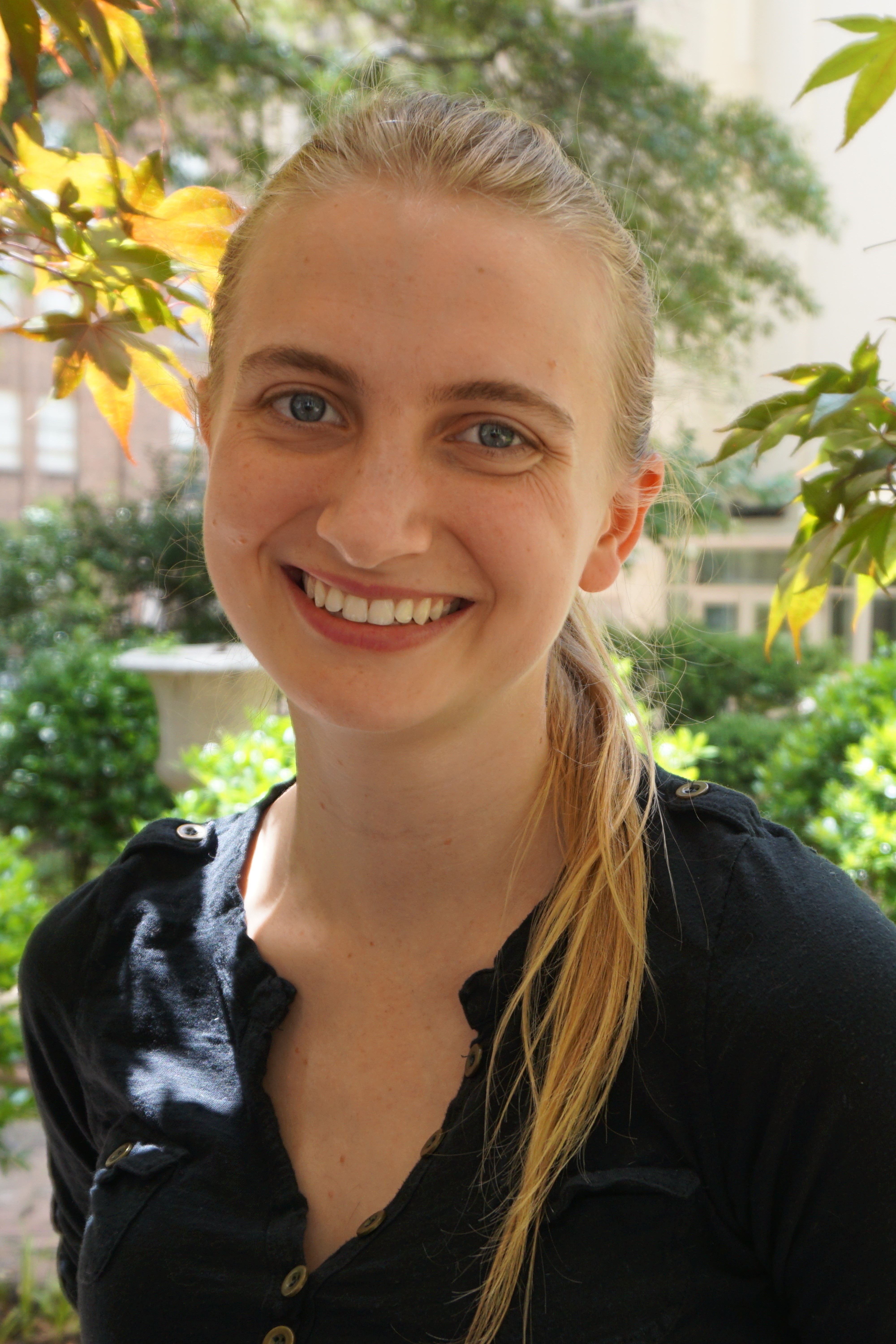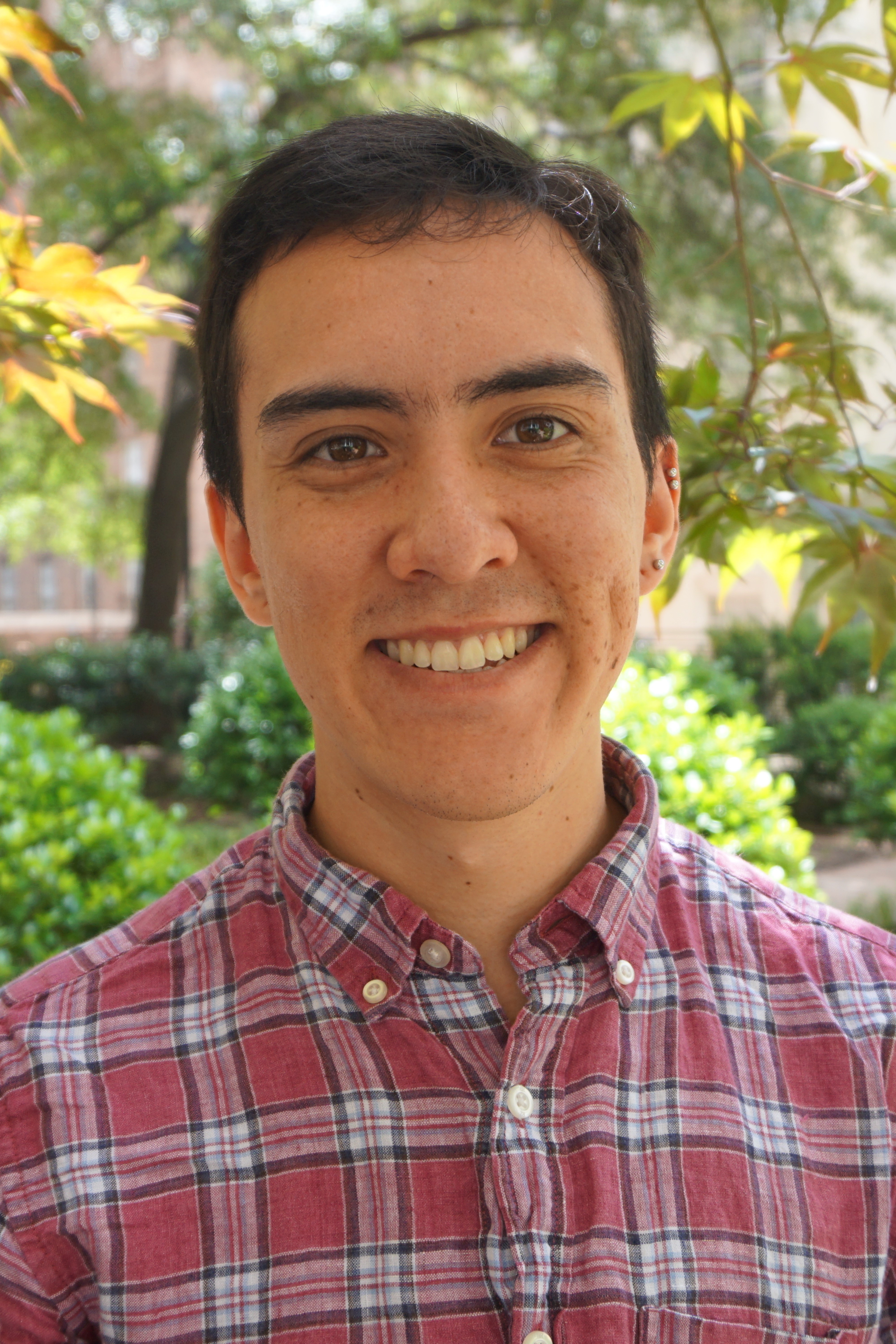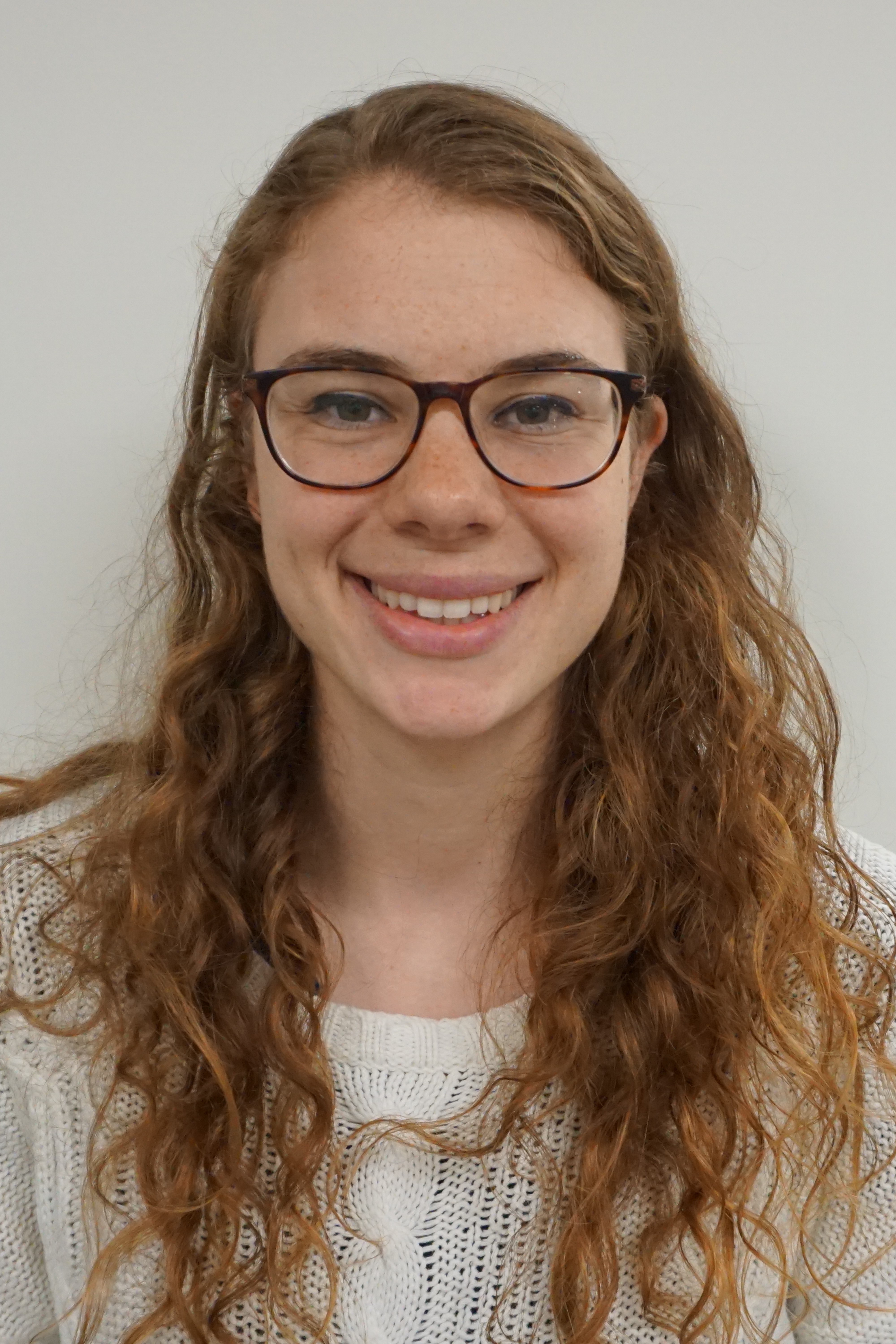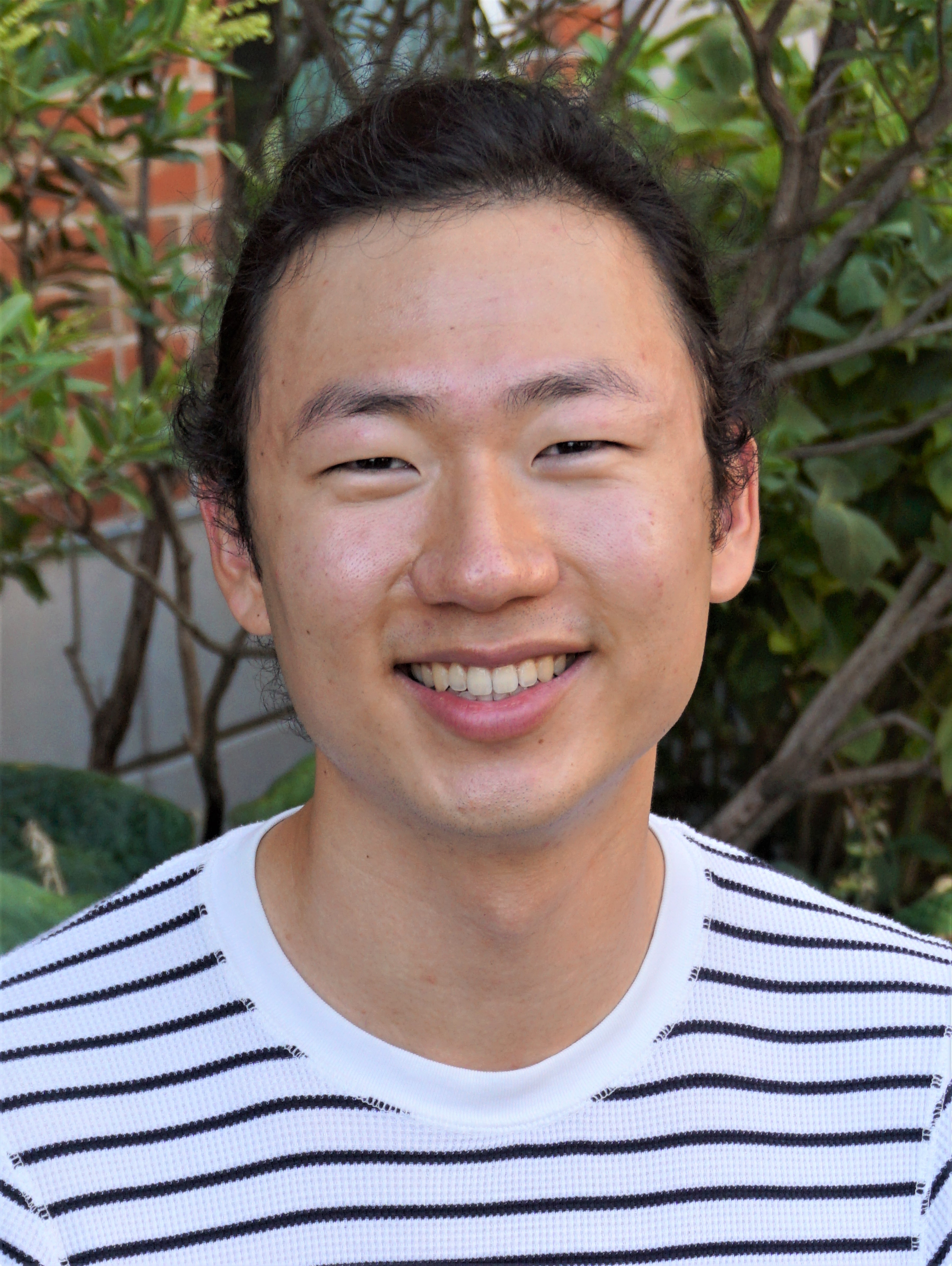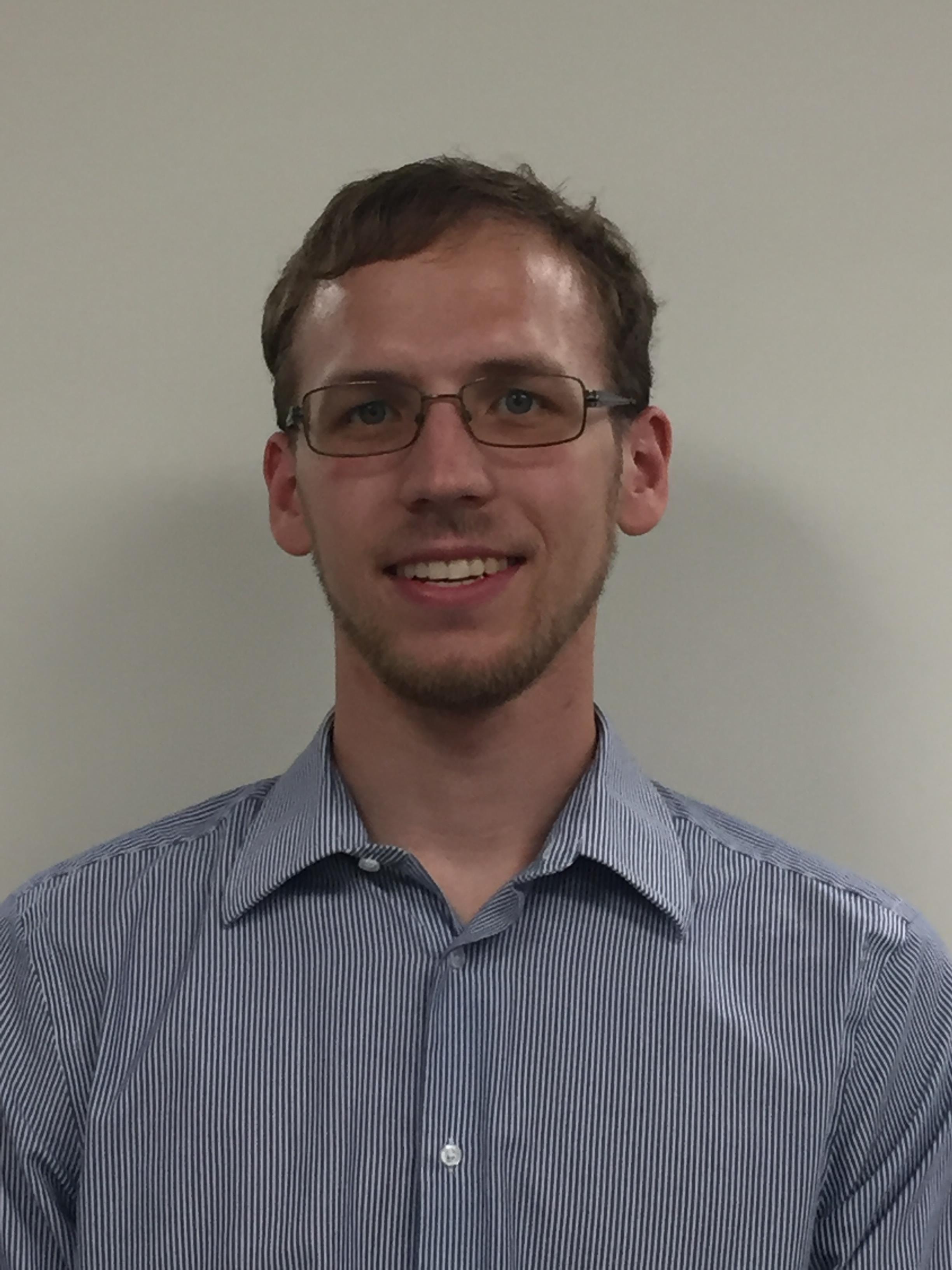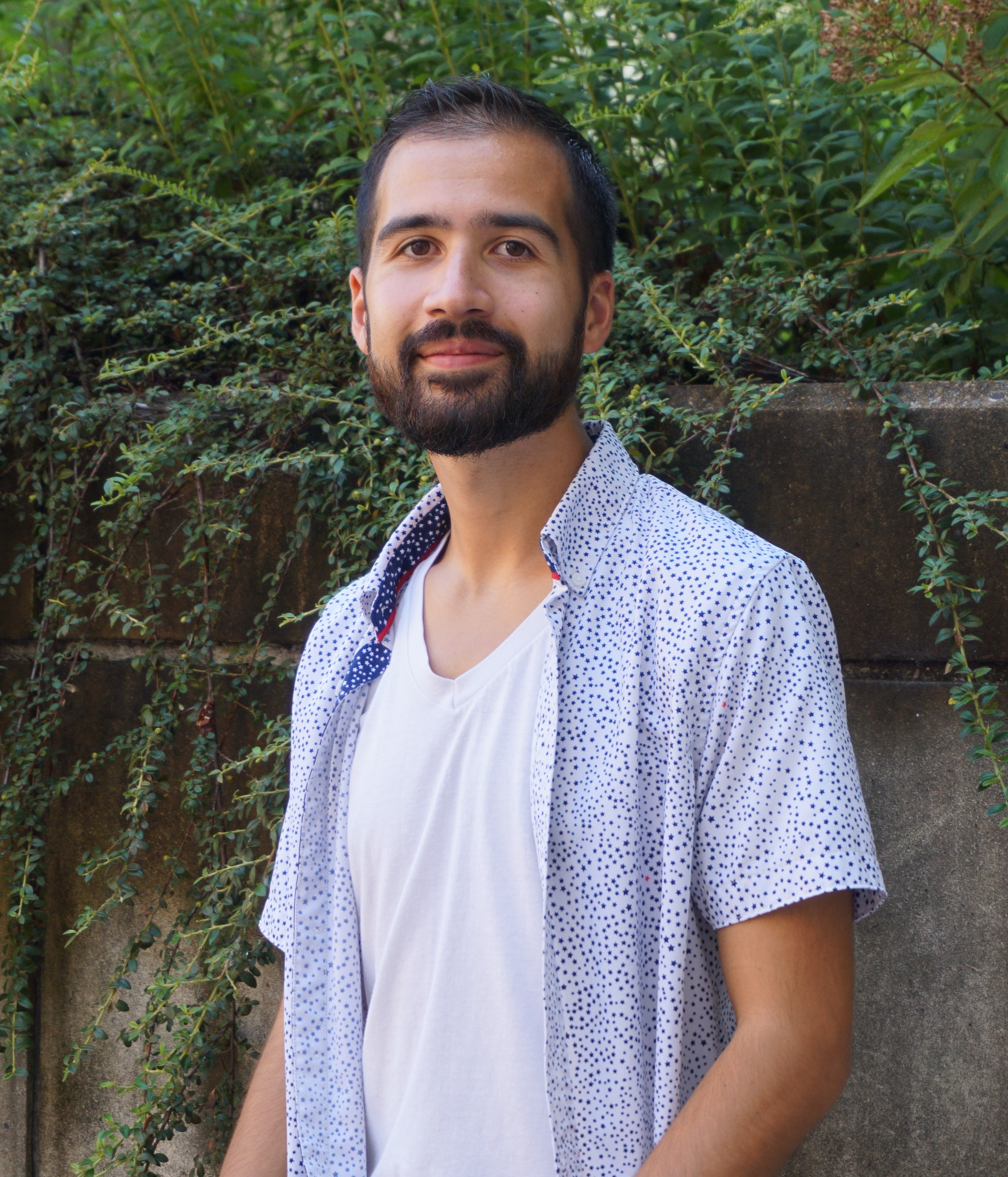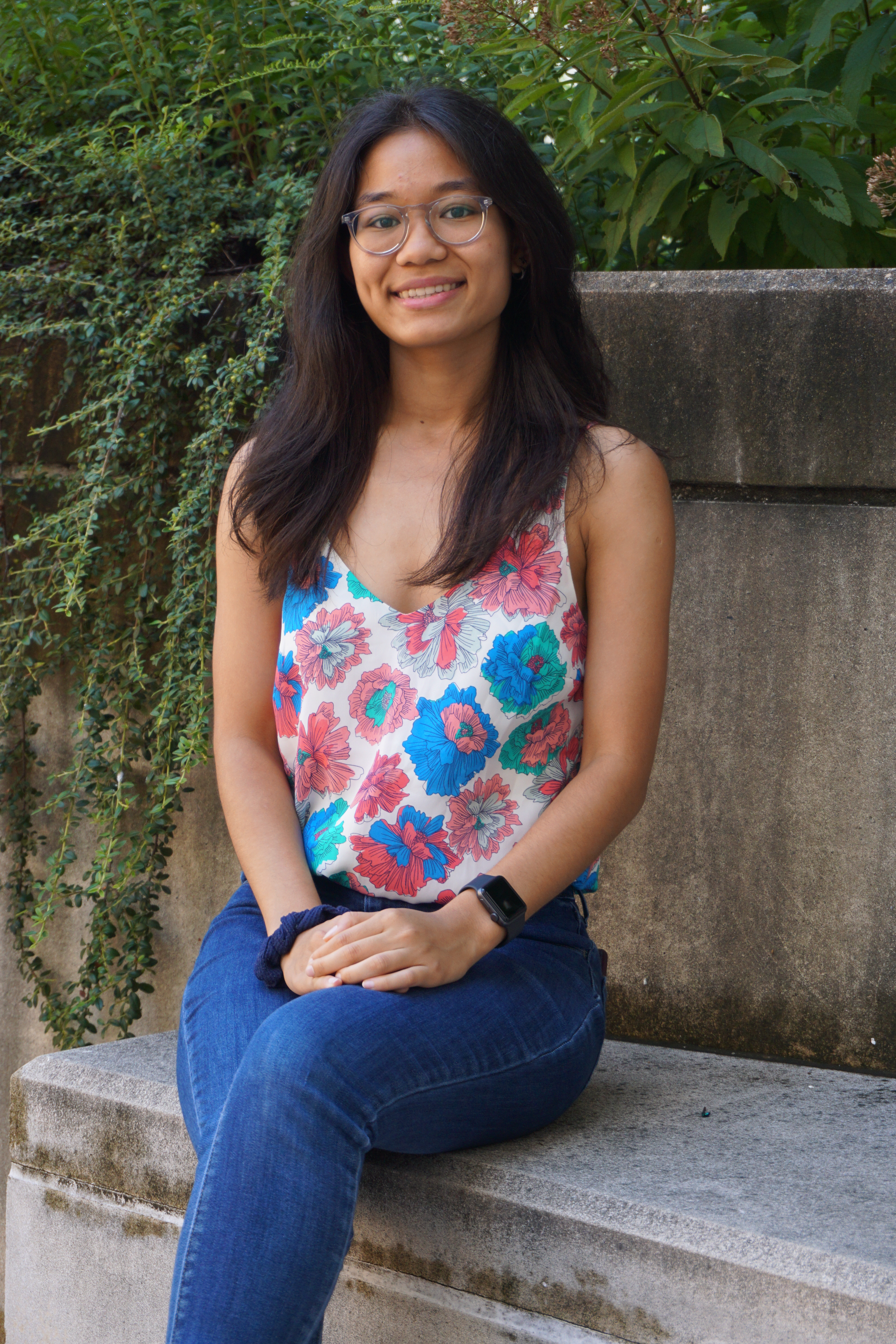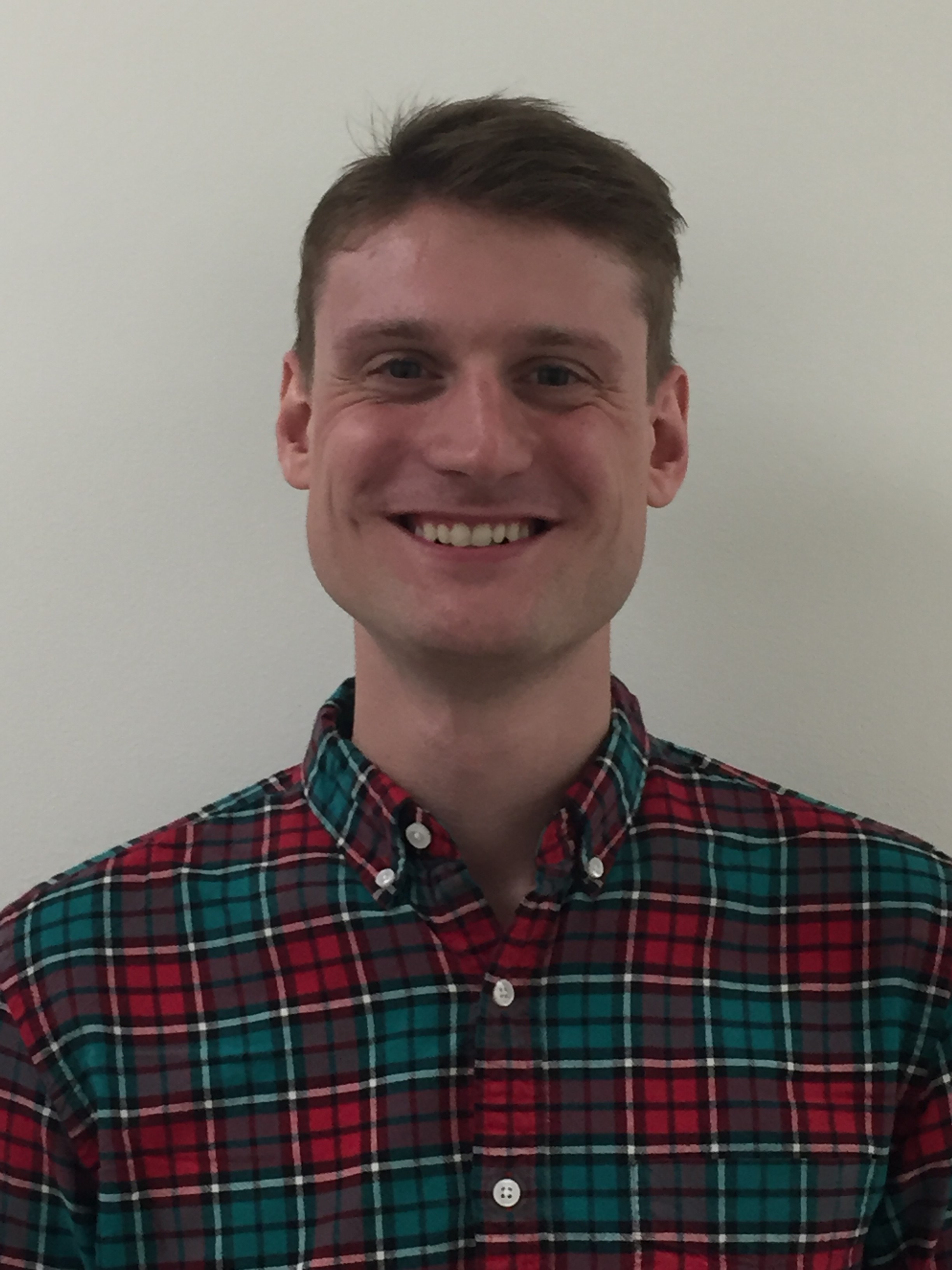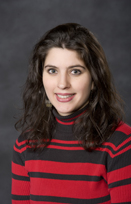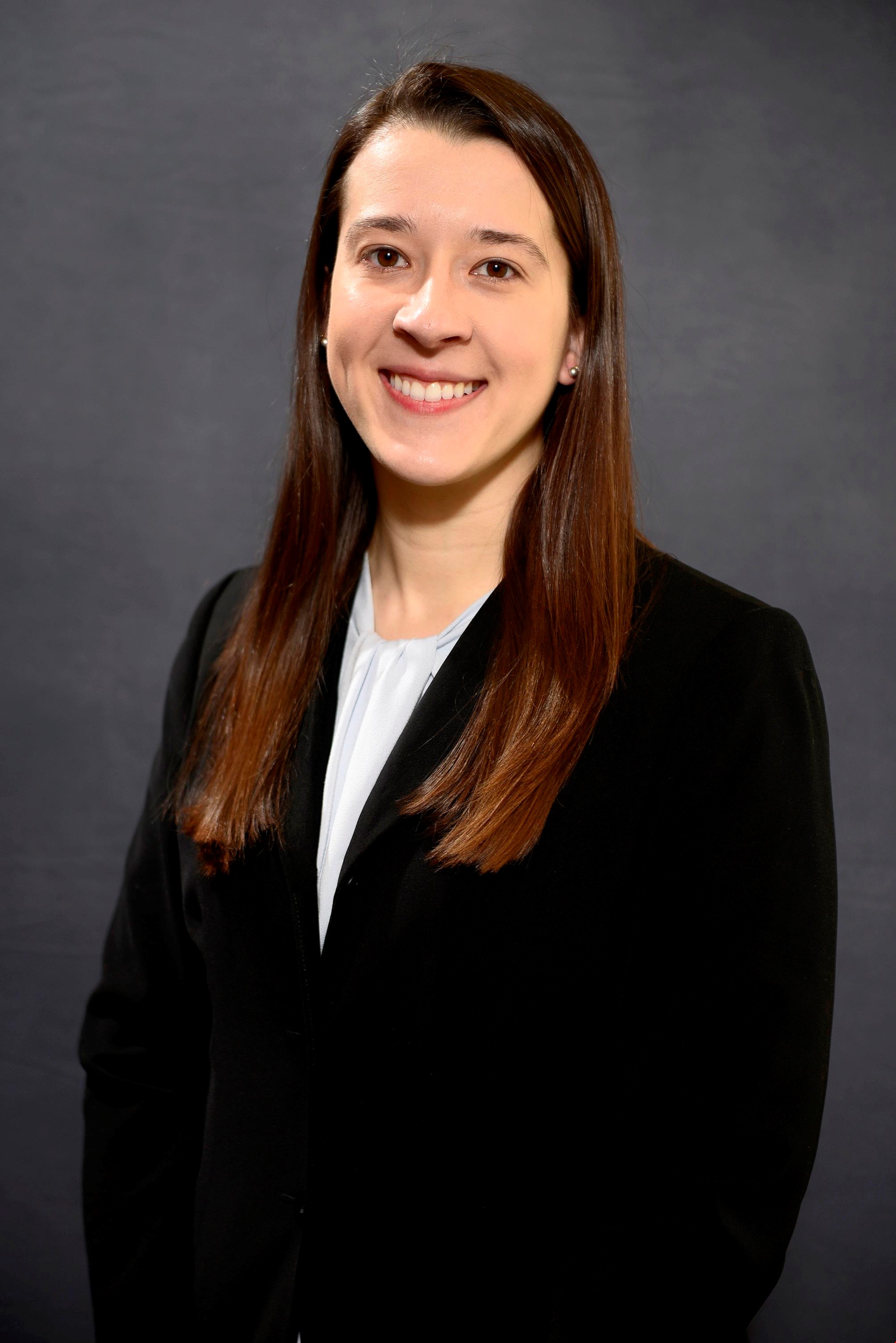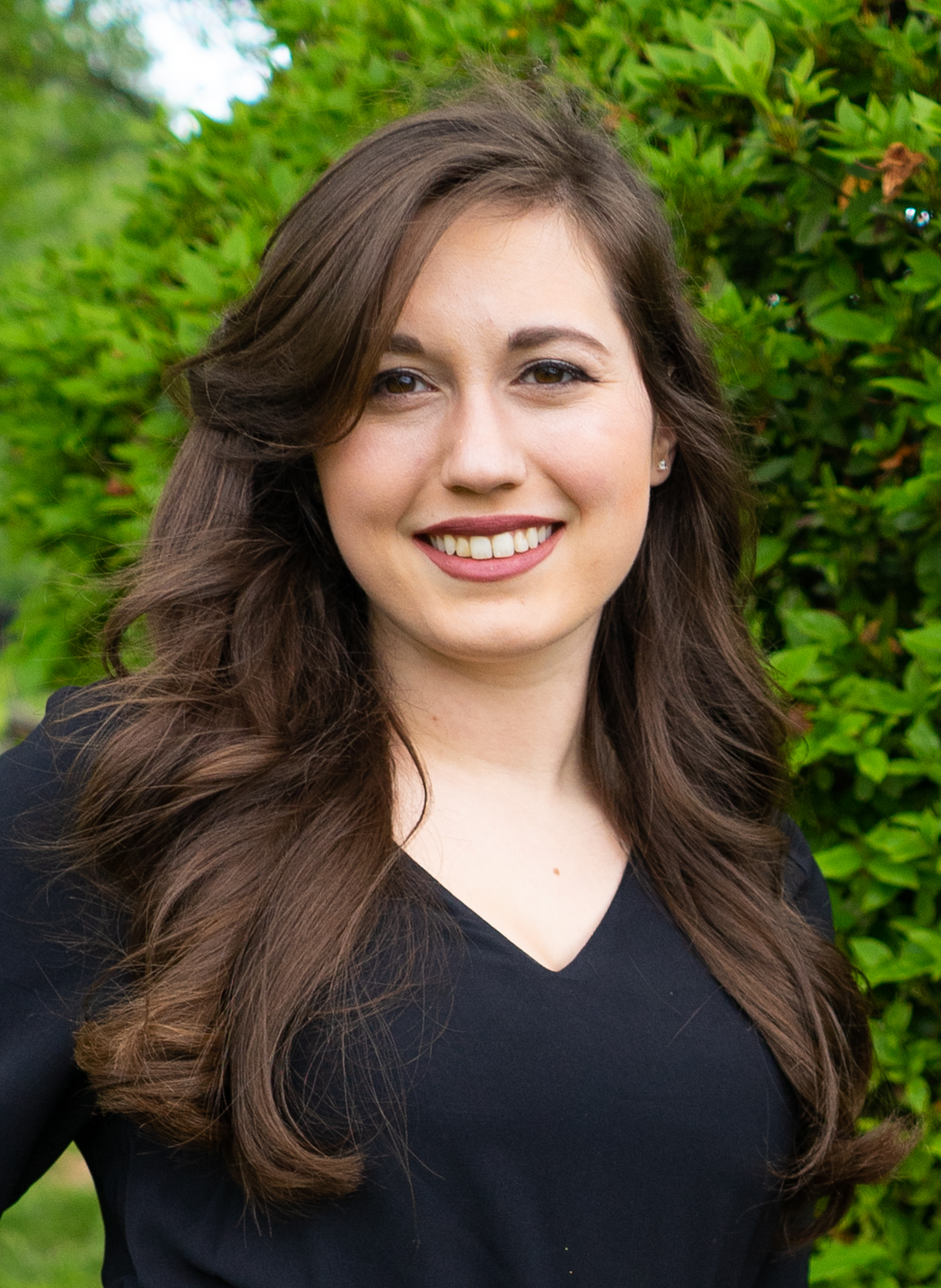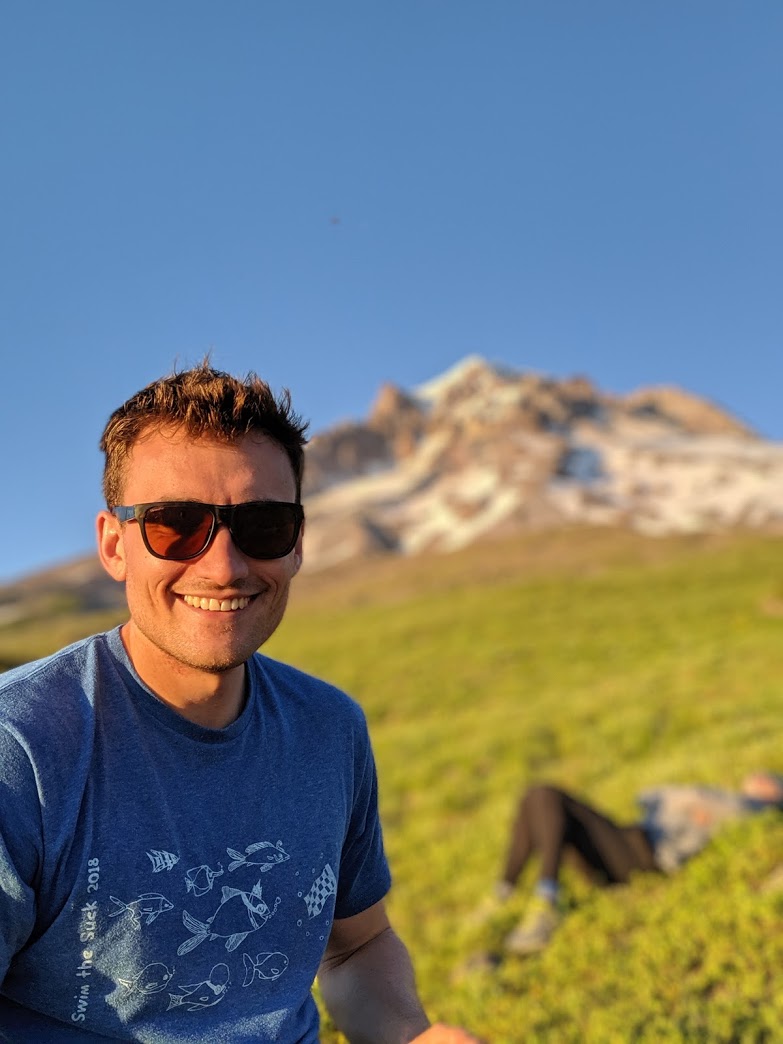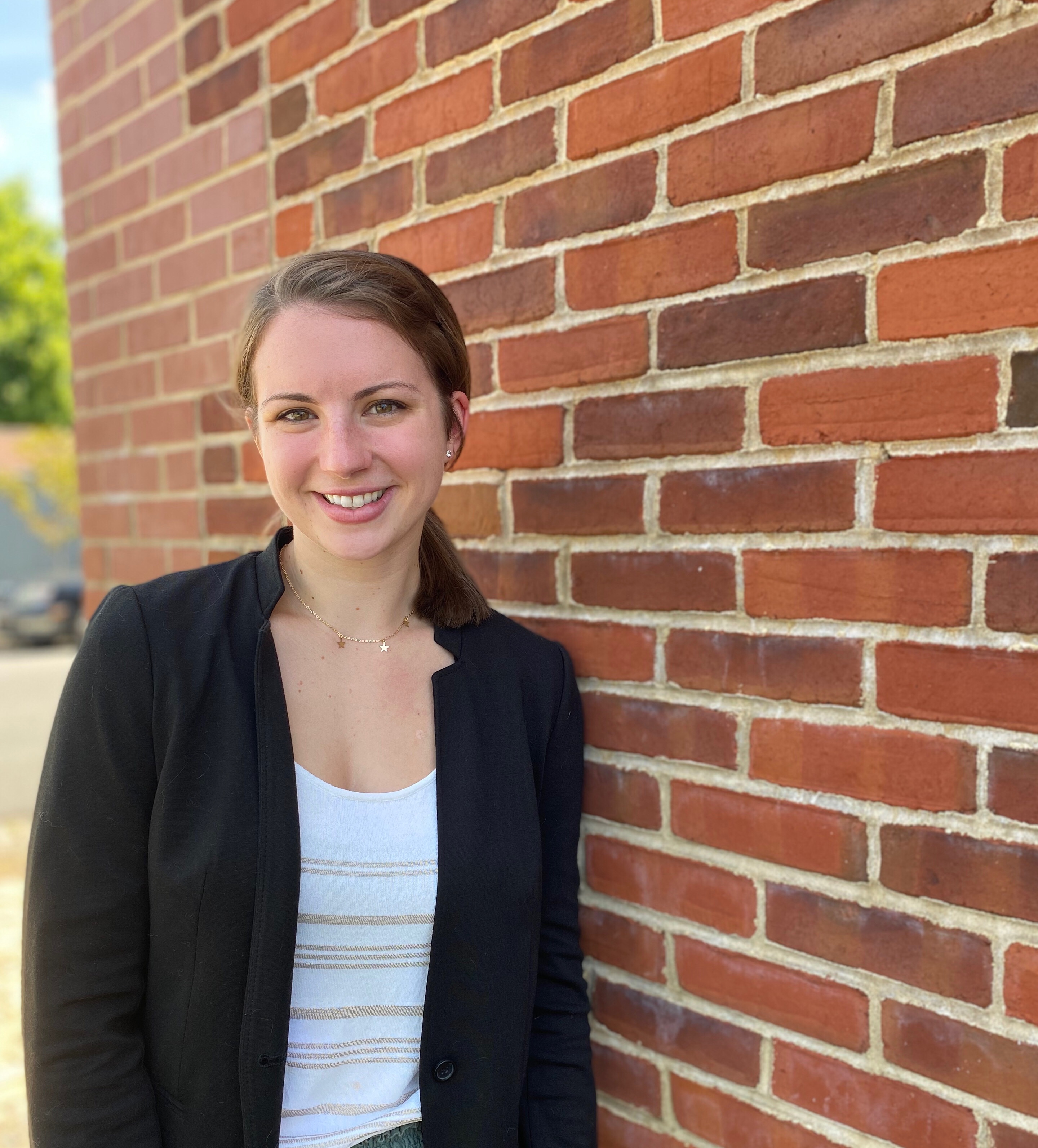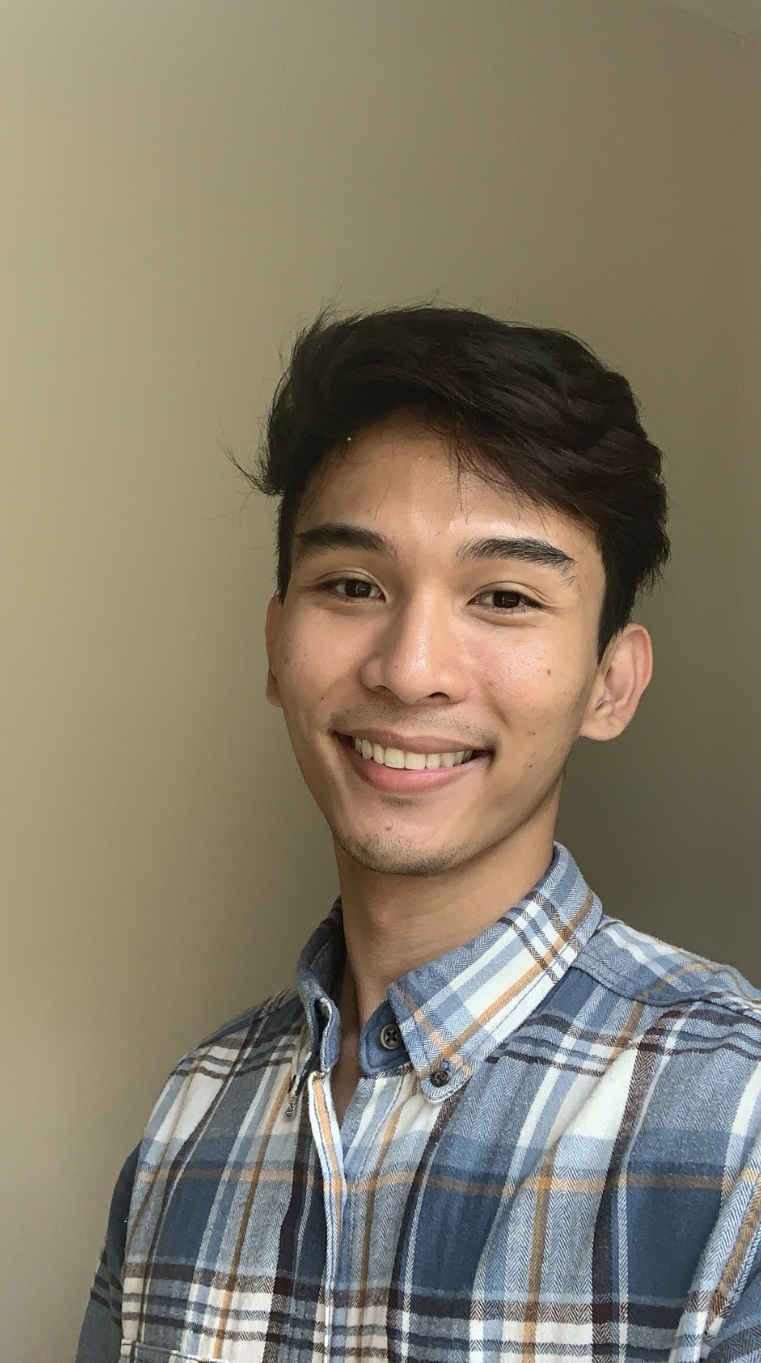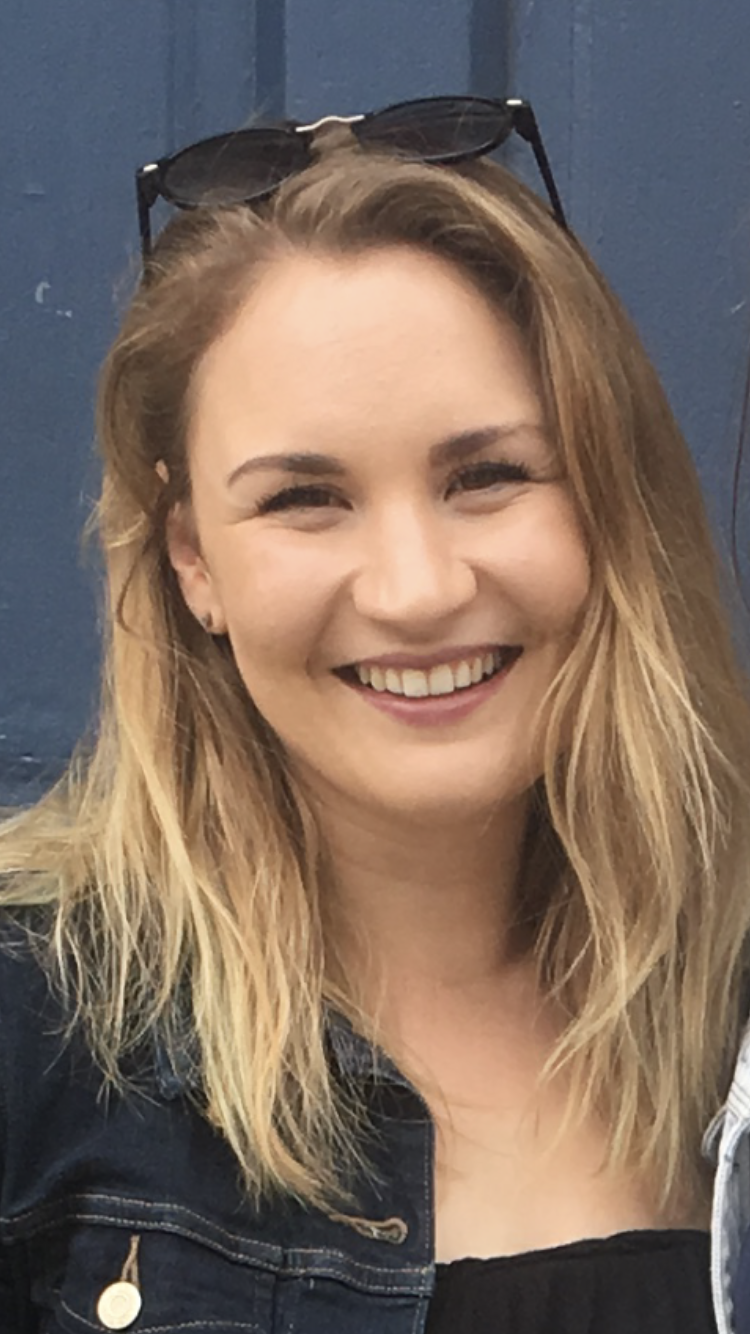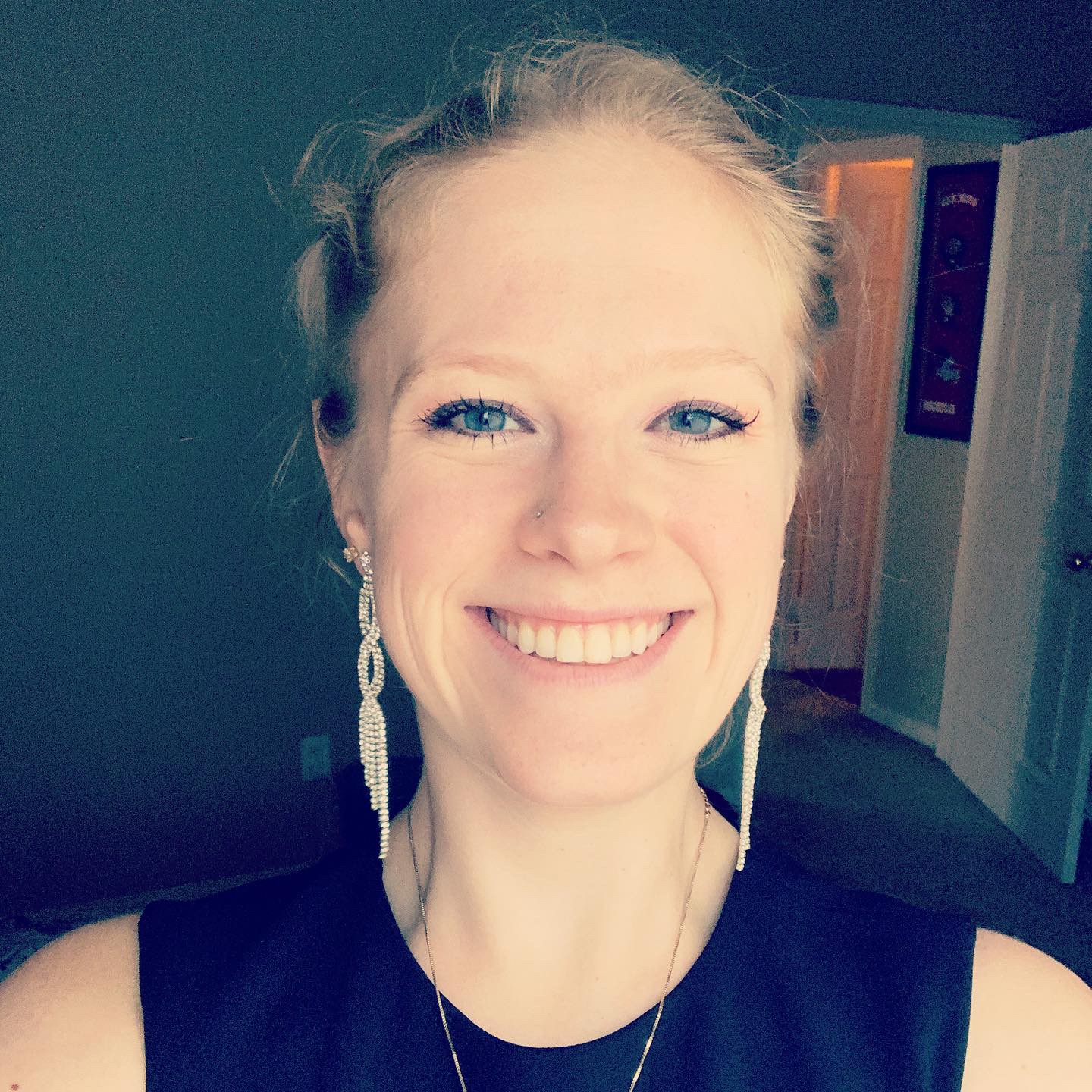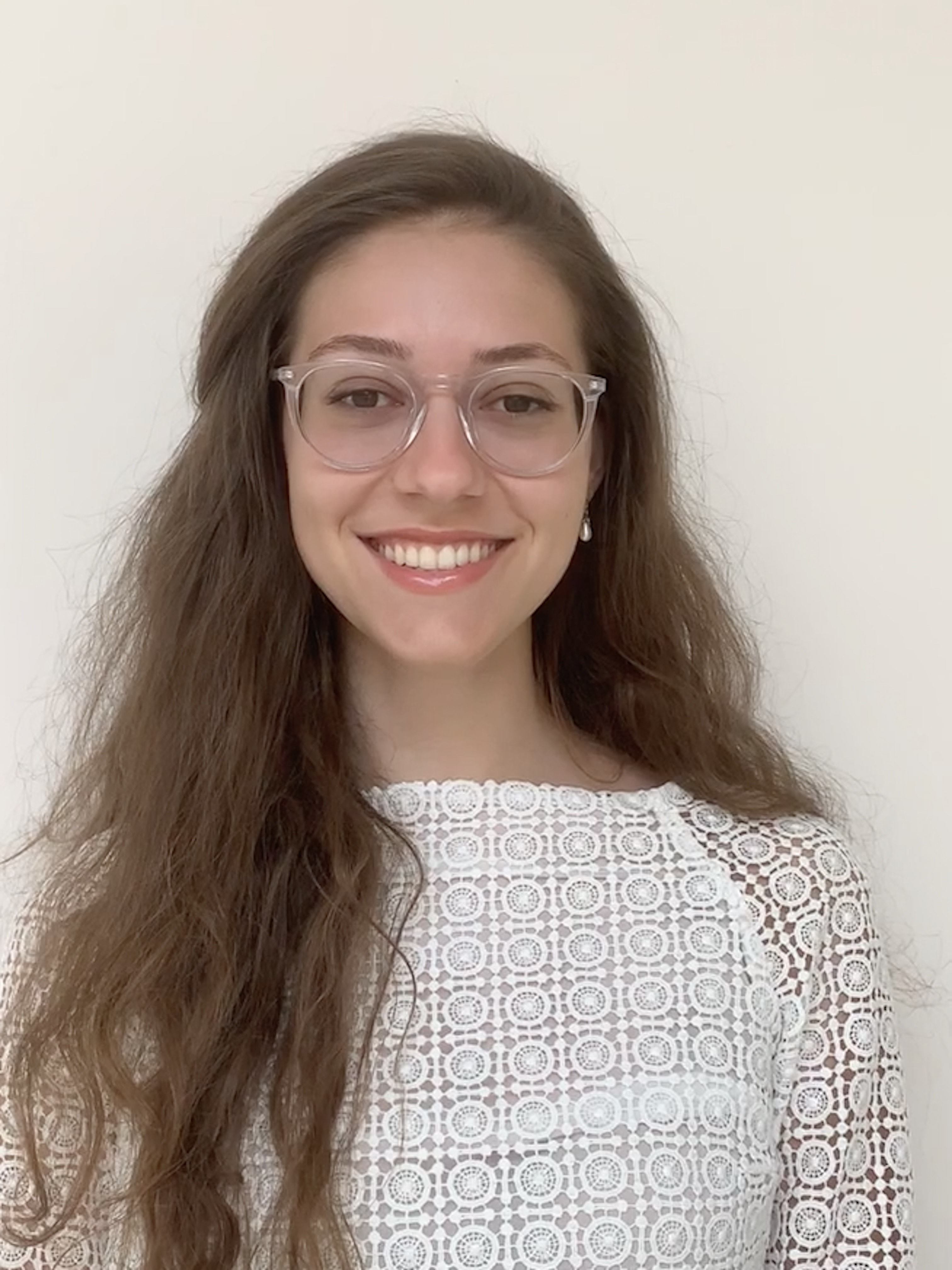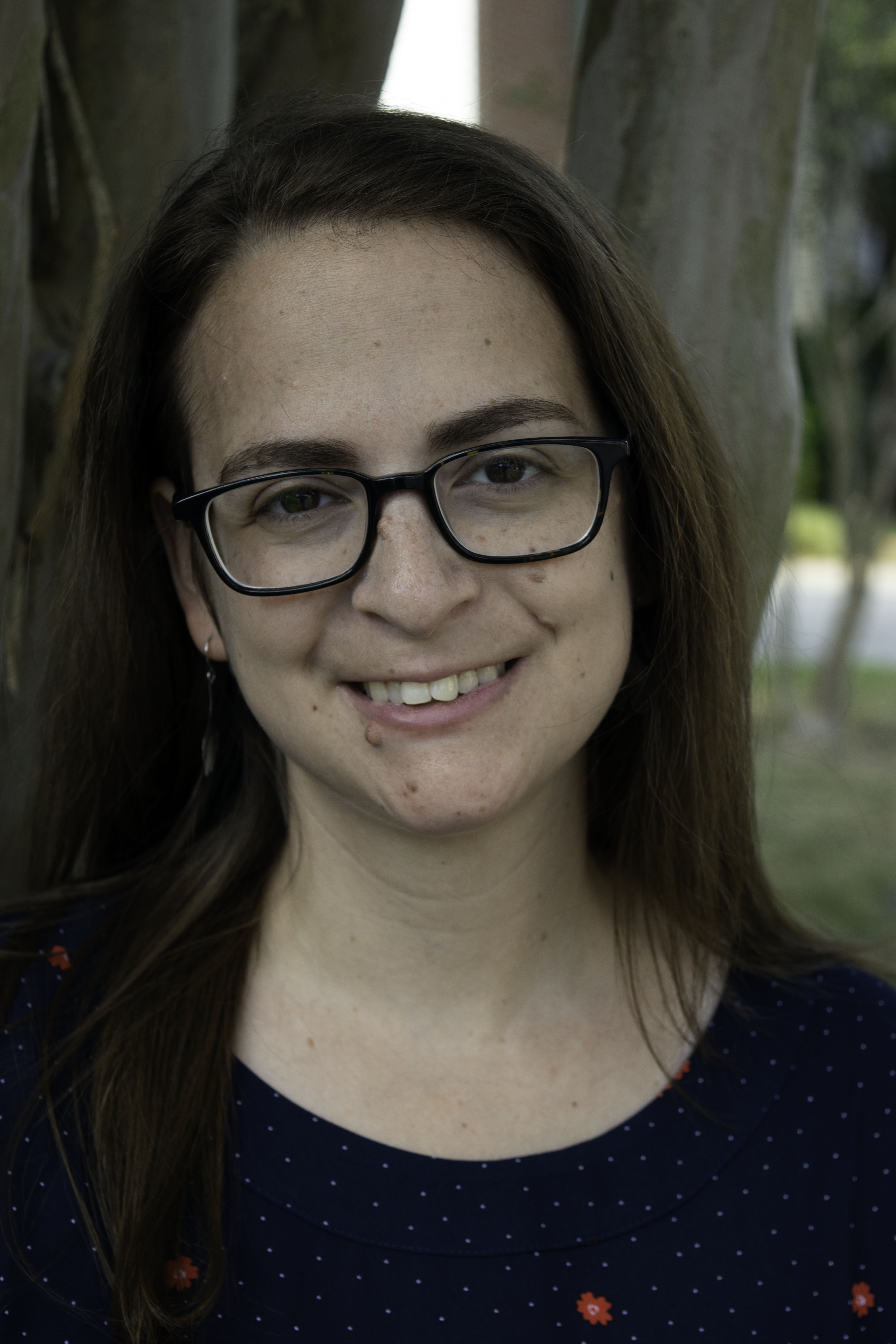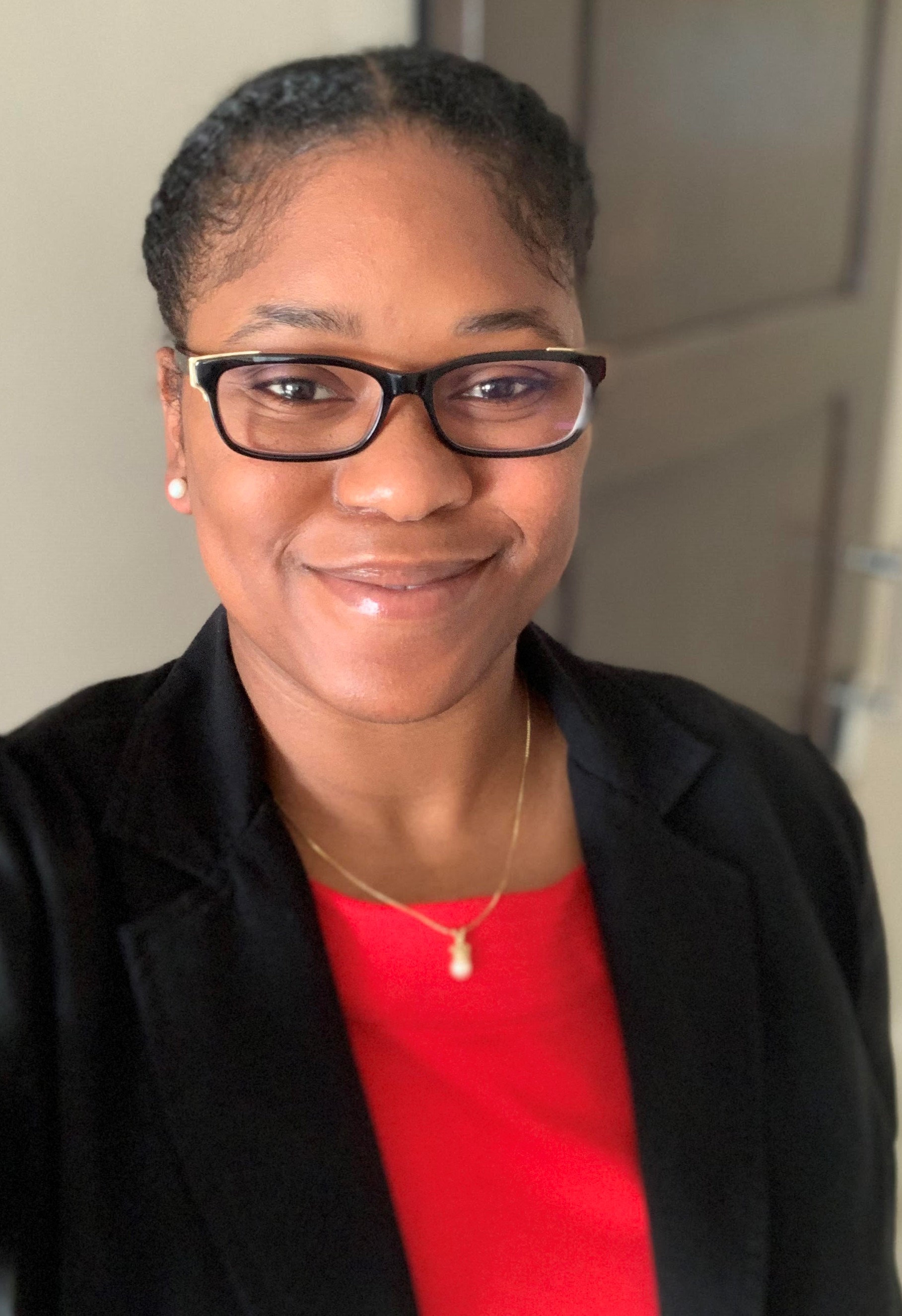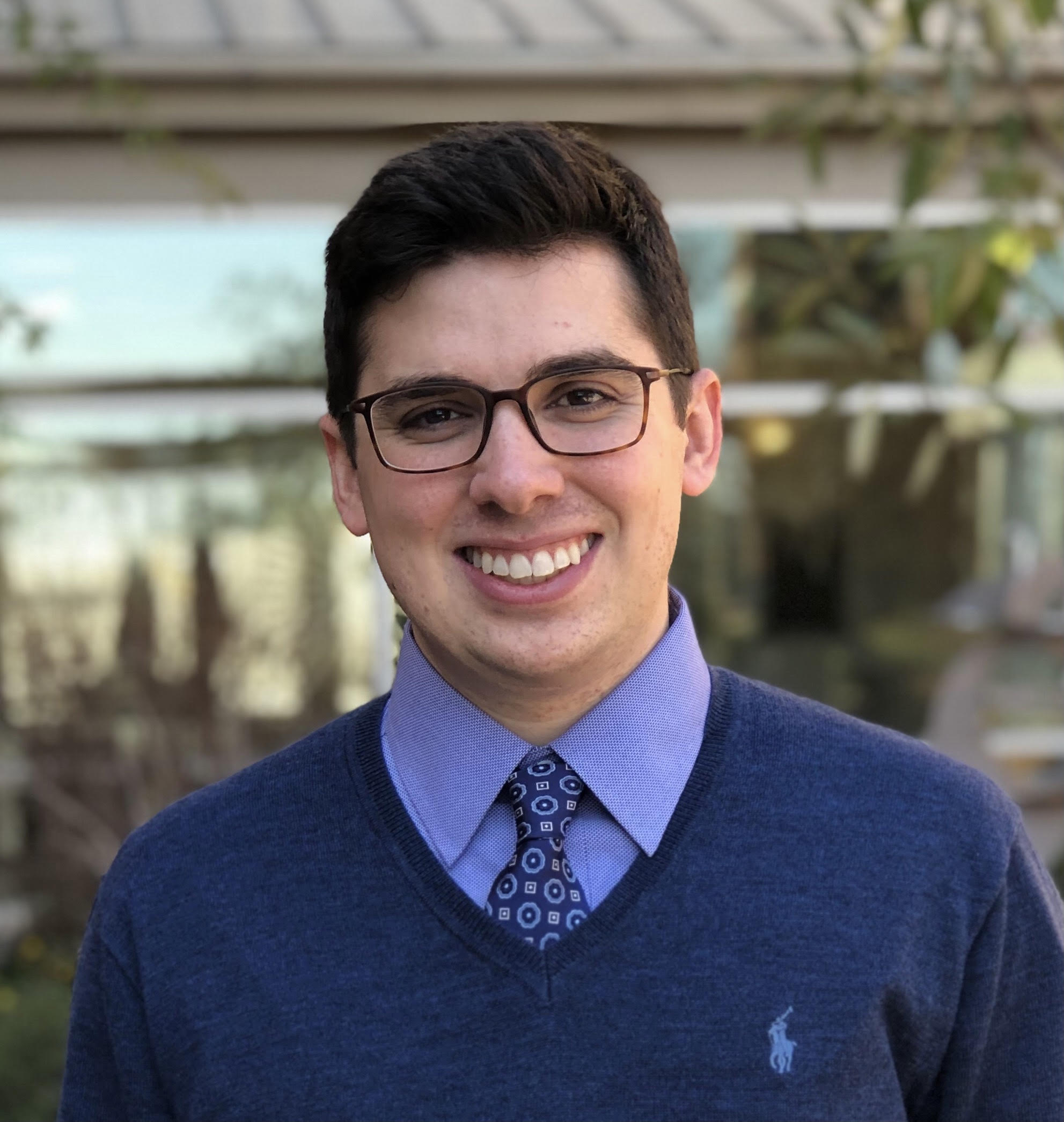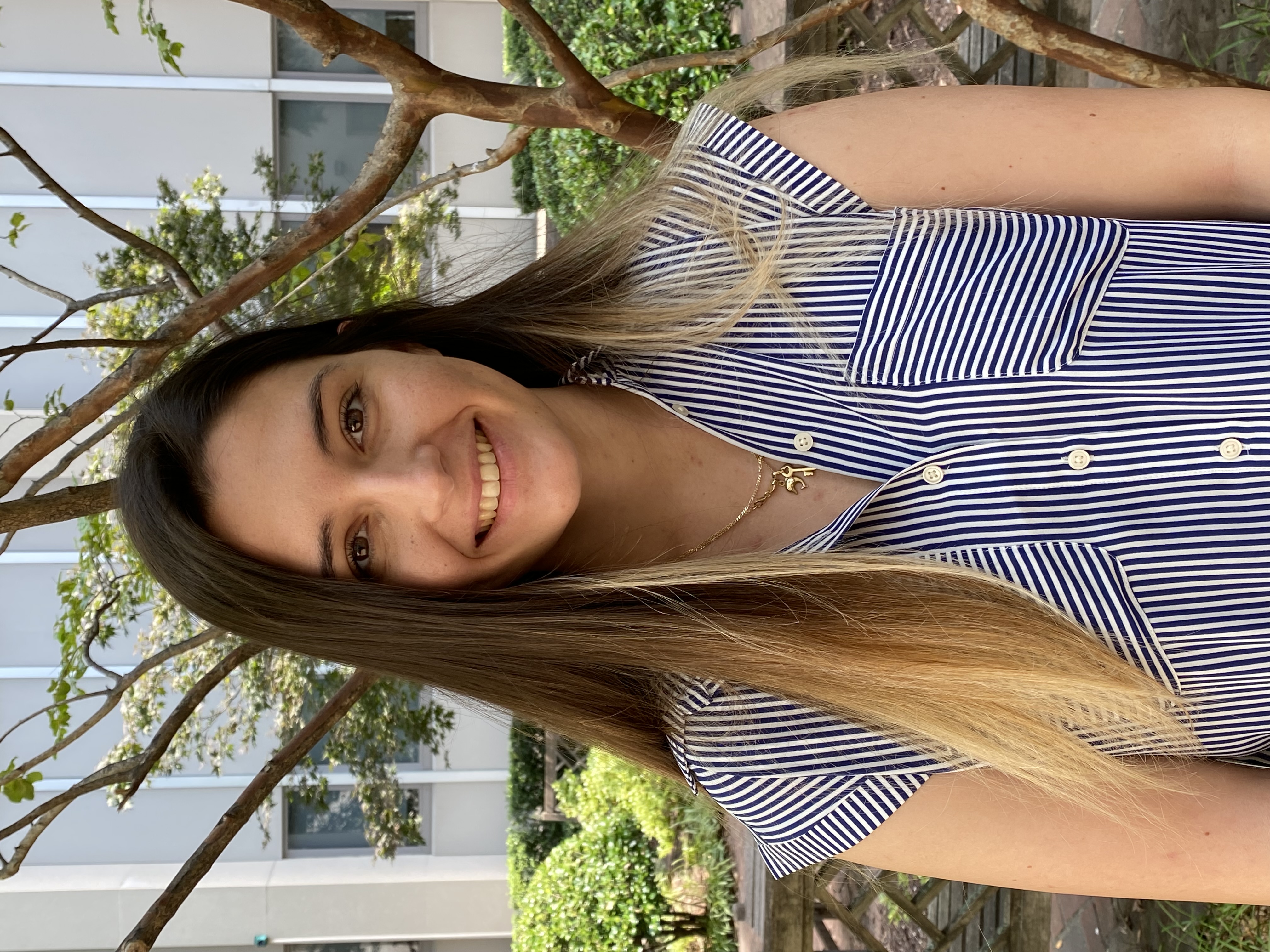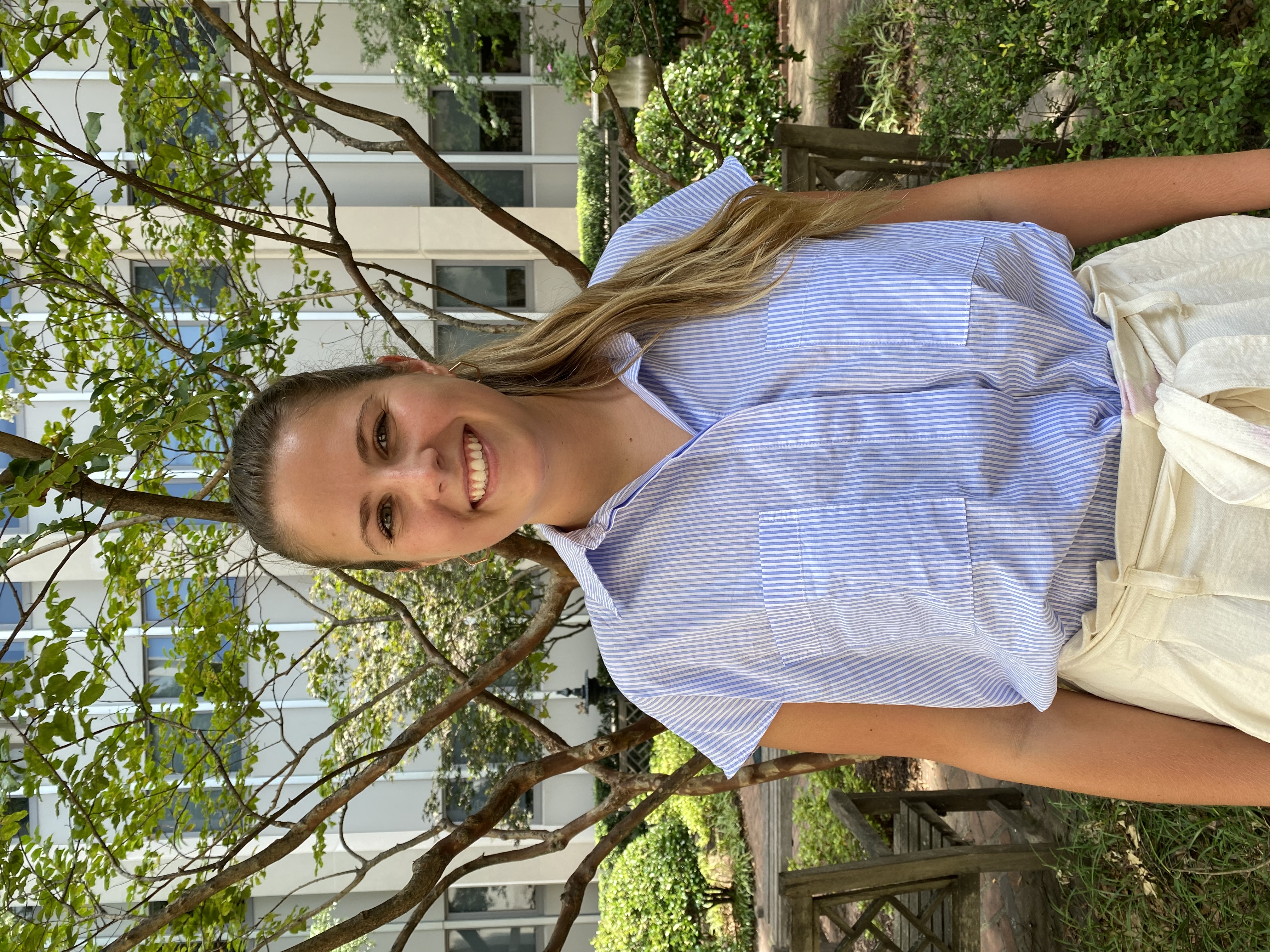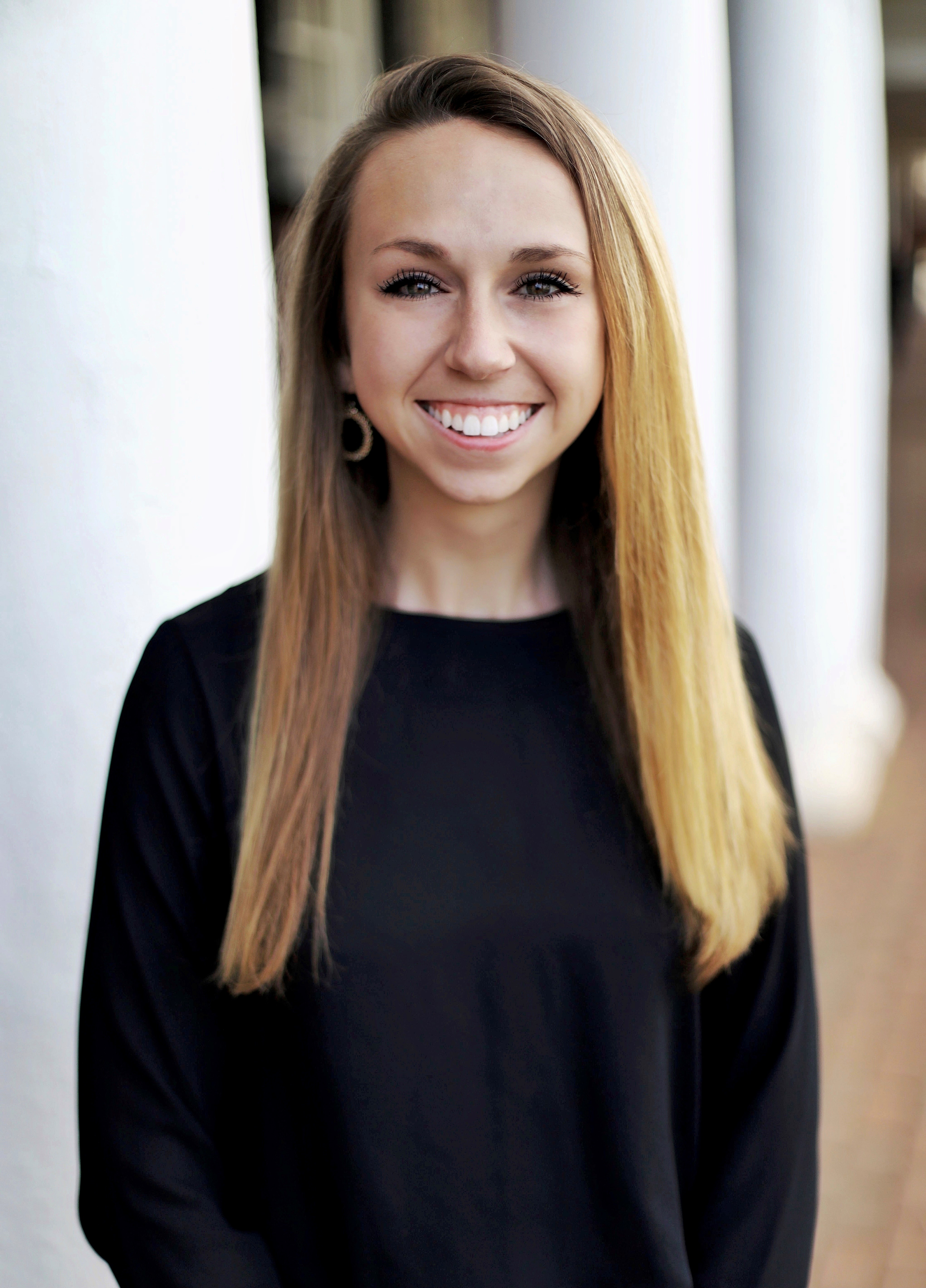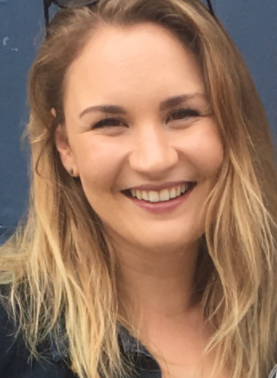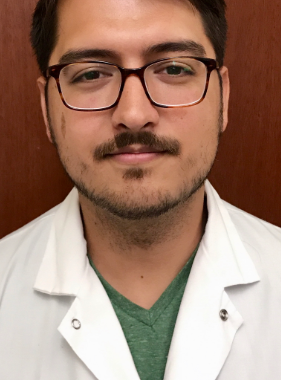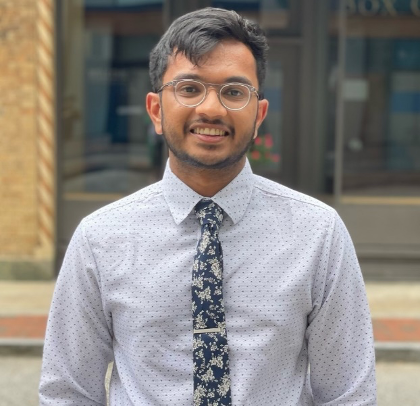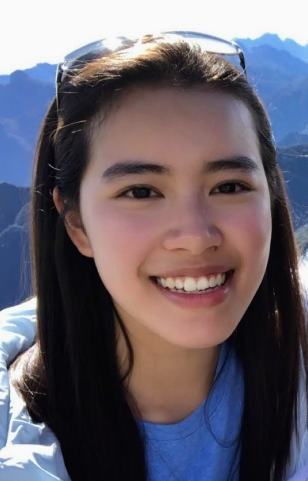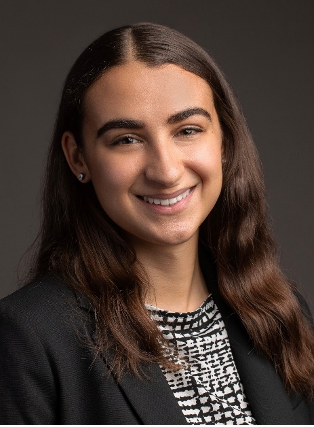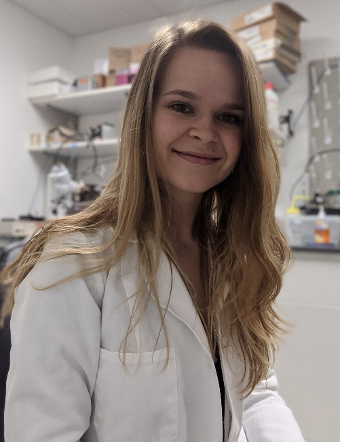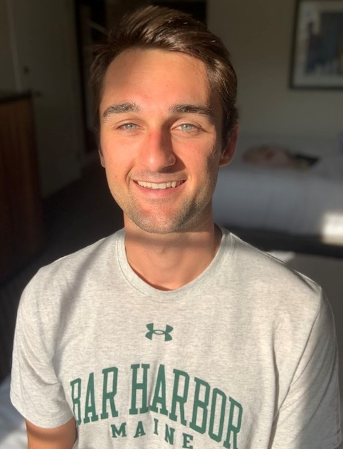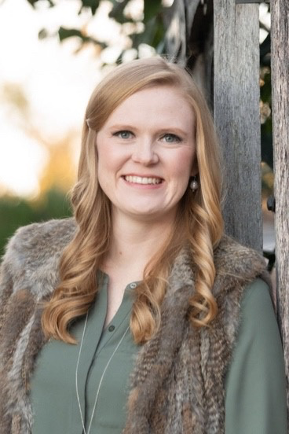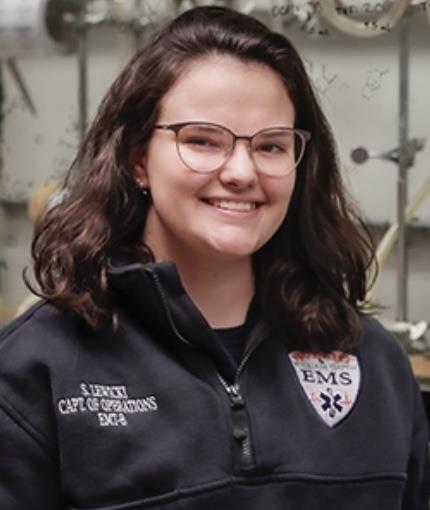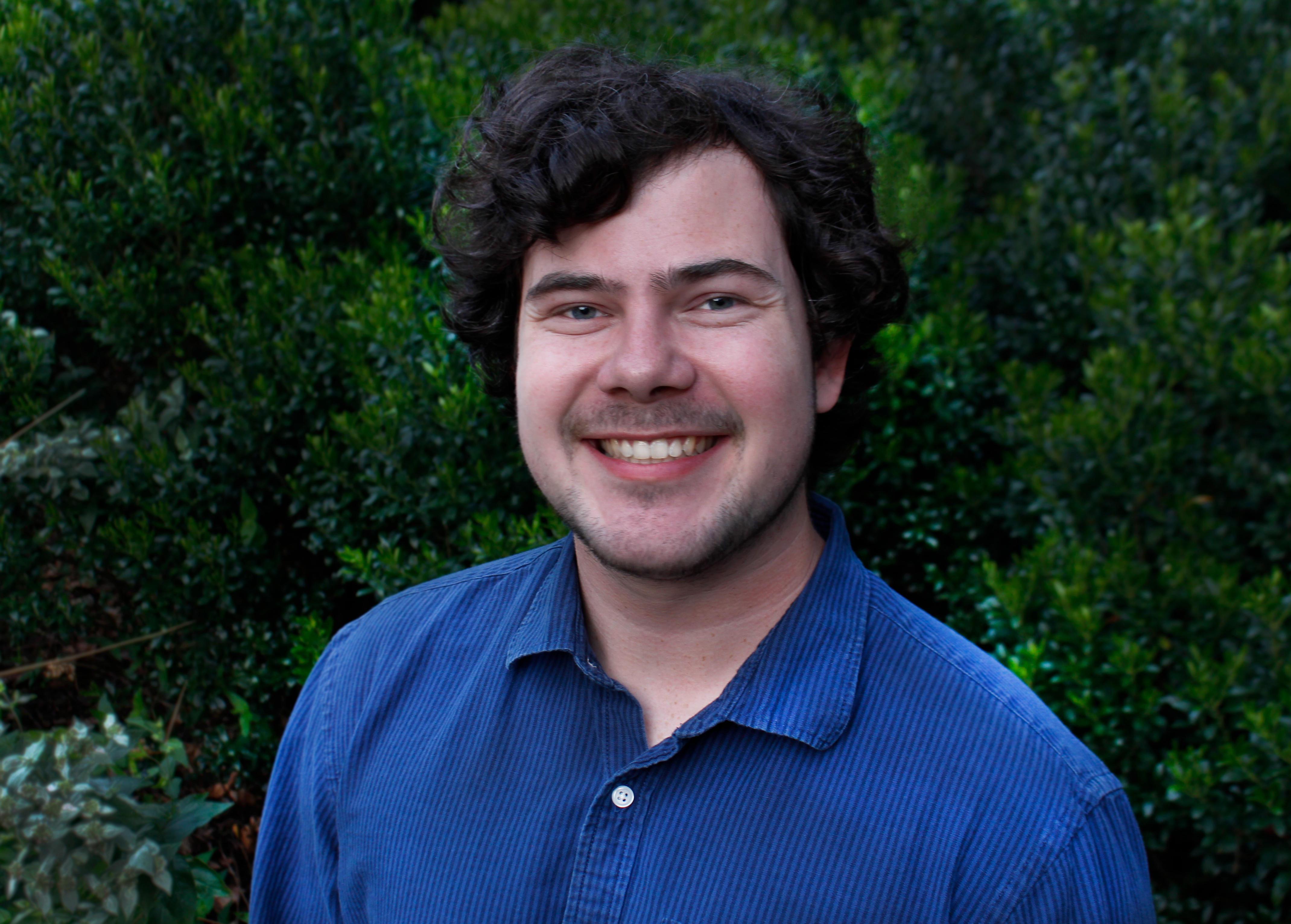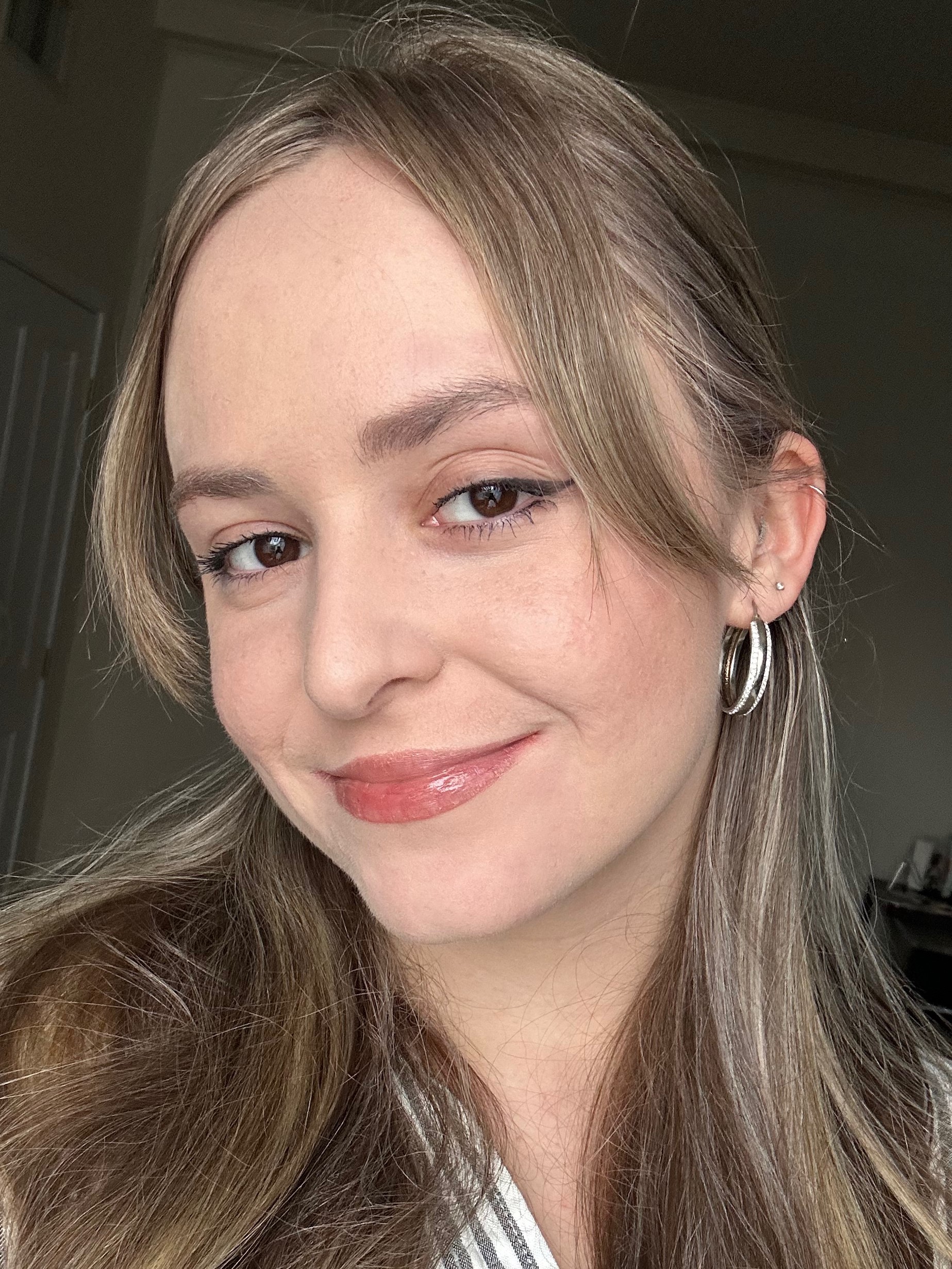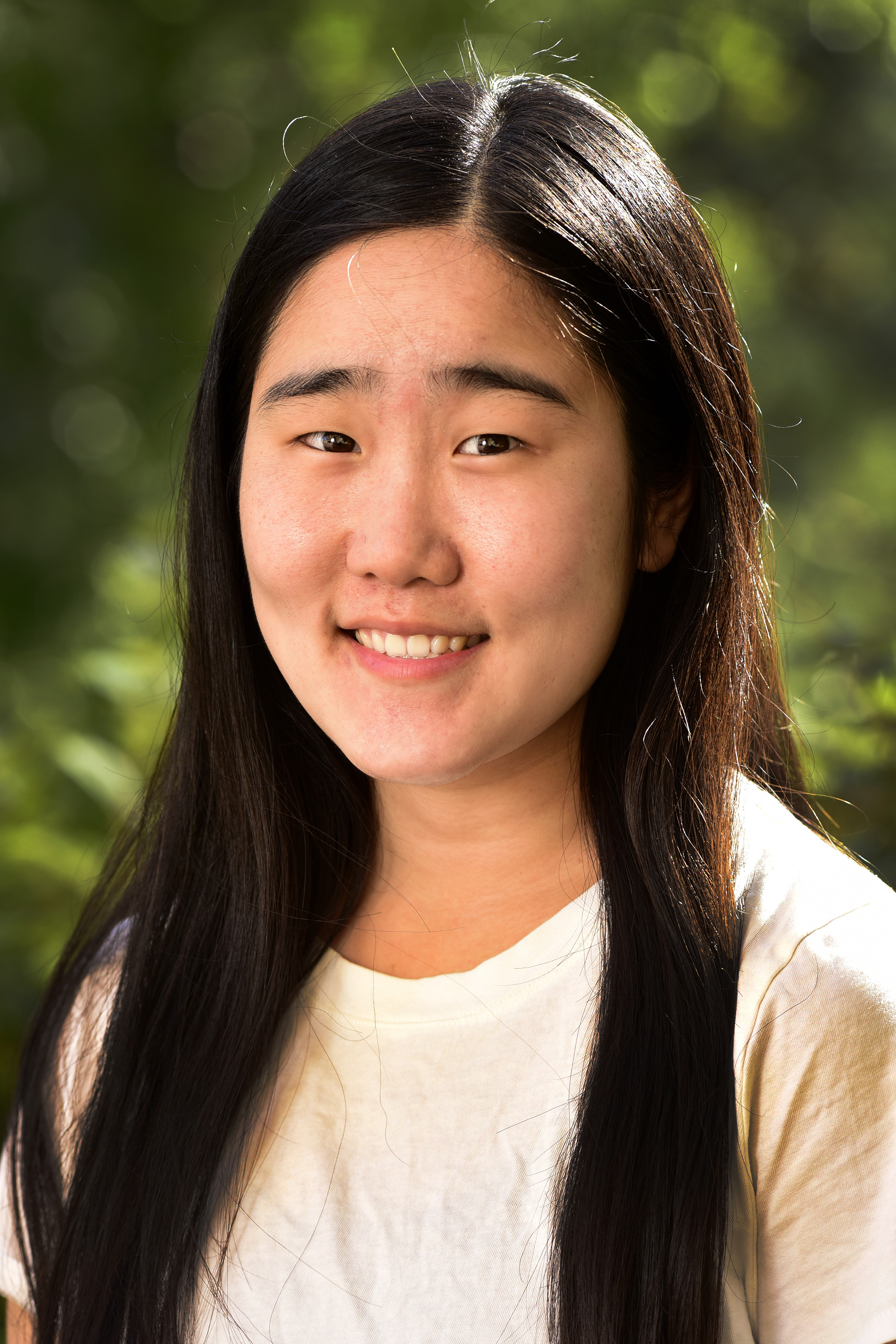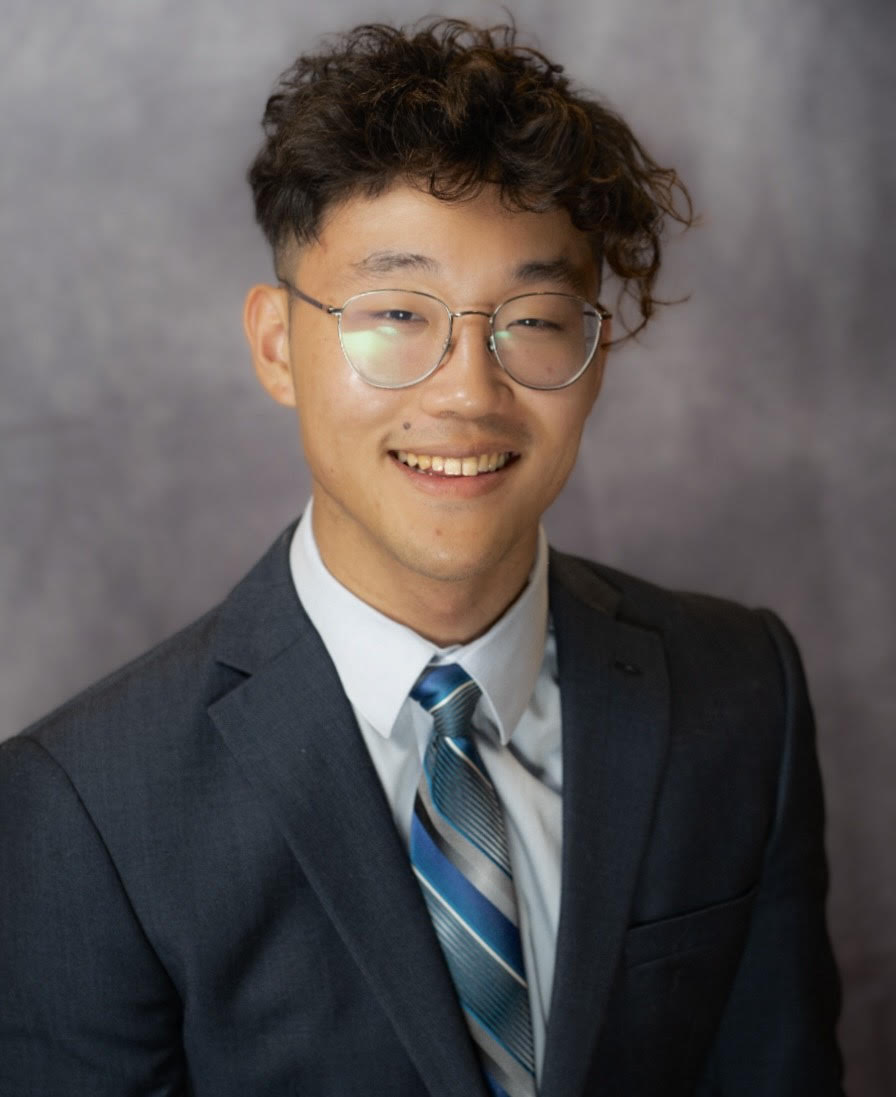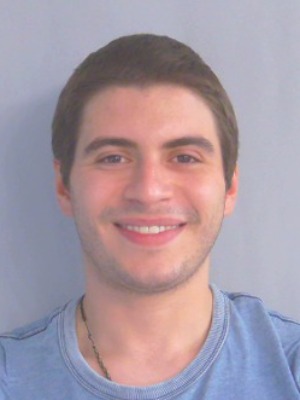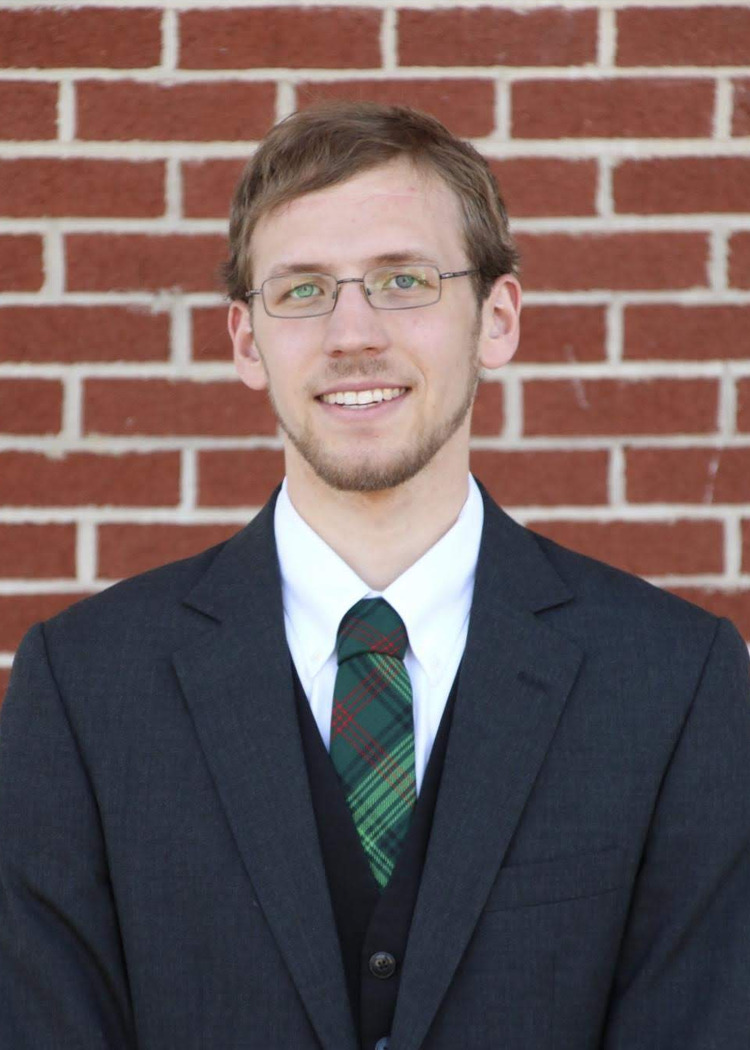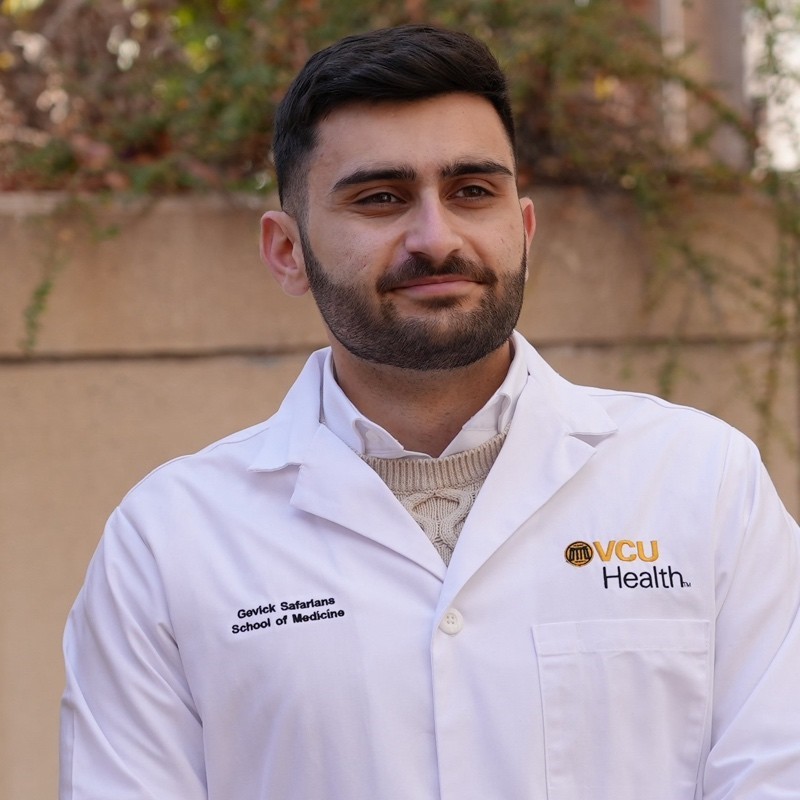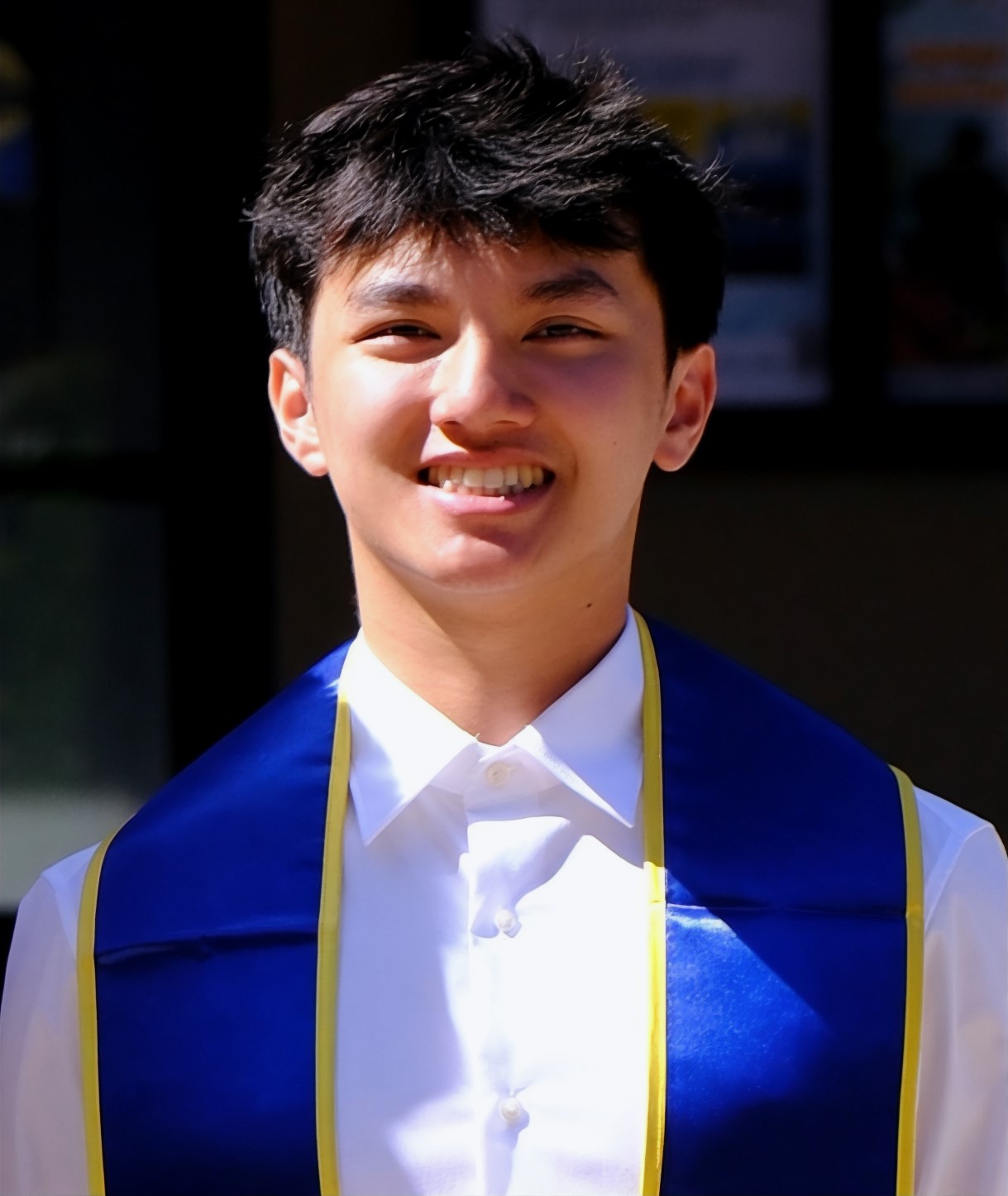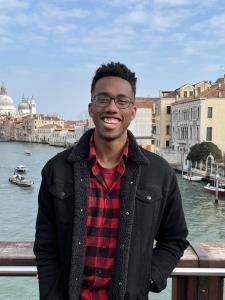Welcome
VCU represents the epitome of “smart and nice,” and exemplifies a culture of collaborative learning and science within the beautiful city of Richmond, Virginia. Our Medical Scientist Training Program values student input and shared governance of the program, reflected in the formation of a student council on which one representative from each cohort serves, and where our voices shape the program’s trajectory. We extend a warm welcome to our landing page! VCU is proud that our peers embody an intricate variety of backgrounds, coming together from across the nation and internationally. Here, the unique perspectives we bring have a safe space for expression, collaboration, and learning. From research to clinical clerkships, our faculty take pride in teaching and mentoring us at every stage of our training as physician-scientists. Our students have opportunities to serve in leadership positions during both medical and graduate school, and during times of leisure, can enrich their experiences by taking advantage of all Richmond has to offer. From kayaking on the historic James River to world-class museums and renowned offerings within the culinary arts, Richmond is a perfect blend of bustle and the glorious outdoors. We hope to meet many of you and wish you the best in the moments of success and setbacks as you embark on your endeavor to become a physician-scientist.
-VCU MSTP Student Council
Overview
The mission of VCU’s Medical Scientist Training Program (MSTP) is to educate physician-scientists to improve human health through discovery in basic and social sciences and biomedical engineering.
The VCU School of Medicine has had a recognized M.D.-Ph.D. program since 1986. Over the years, the school's commitment to the program has grown alongside it, providing support to all students with paid tuition, fees, health insurance and stipend. In 2022, the program received a prestigious MSTP award from the National Institute of General Medical Sciences, placing VCU within an elite group of universities that have an NIH-funded Clinical and Translational Science Awards Program, a National Cancer Institute-designated comprehensive cancer center and an MSTP award.
- More than 1,000 full-time VCU and practice plan faculty, plus part-time clinical faculty and VA faculty.
- Clinical programs at VCU Health include a Level 1 trauma center, the NIH-designated Massey Comprehensive Cancer Center , and a pioneering organ transplant program. Our affiliated hospitals, including the Richmond VA Health Center, have over 1,000 beds.
-
In 2023, VCU received more than $463,000,000 in external research funding. VCU School of Medicine currently ranks number 63 of all U.S. medical schools by total NIH grant awards with 106 NIH-funded investigators and 158 grants.
- Our C. Kenneth and Diane Wright Center for Clinical and Translational Research has a $21.5M Clinical and Translational Science Award from the NIH.
- Research facilities adjacent to the VCU Medical Center include the Virginia BioTechnology Research Park, which serves as the home of our Institute for Structural Biology, Drug Discovery and Development, and the Virginia Institute for Psychiatric and Behavioral Genetics. Less than two miles away, on VCU's Monroe Park Campus, are the undergraduate Departments of Chemistry, Biology, and Physics, the College of Engineering with its Department of Biomedical Engineering, and the Integrative Life Sciences program.
Moderate program size. We typically admit five to eight students per year into the program, with a total census of around 50. This size provides a critical mass to stimulate interactions while preserving a familiar and congenial environment.
Full support. Full medical school and graduate school tuition is provided by the VCU MSTP and Ph.D. dissertation adviser. Students receive a minimum annual stipend of each year ($36,600, as of 09/25). This is increased by $1,000 after passing their Ph.D. candidacy exams, and each student who receives support from an NIH F30 award (or equivalent) will receive an additional $1,000 added to their stipend for the duration of their education. Additionally, VCU provides health insurance for all MD-PhD students.
Outstanding clinical and research training. VCU is one of the largest medical centers in the country, caring for the sickest patients in the Central Virginia area. VCU has vibrant programs in transplant medicine, stroke and movement disorders, Level I trauma, and women's health. Moreover, the Massey Comprehensive Cancer Center at VCU is one of only two NCI-designated cancer centers in the state of Virginia, and the Children’s Hospital of Richmond at VCU is Virginia’s only Level I pediatric trauma center. Our students also train within the VA Richmond Healthcare System, which has outstanding neurological and rehabilitation facilities.
Clinical rotations before beginning graduate work. Because the M1 and M2 years are completed in 18 months (see Curriculum), students in our program are able to spend six to eight weeks completing a block of M3 clinical rotations after taking USMLE Step 1 and prior to starting their Ph.D. phase. This gives students the opportunity to better appreciate and apply the translational aspects of their graduate research. Additionally, it allows students the flexibility to rotate back into their clinical years anytime between April and October, following their successful Ph.D. dissertation defense.
Student involvement in the program. MSTP students are involved in all phases of the program, from admissions and interviewing to organization of monthly seminars and annual retreats. Additionally, students in each cohort select a class representative to serve on the M.D.-Ph.D. Student Council, which meets monthly with the program director to recommend and discuss improvements to the program.
Wellness Initiative. The MSTP wellness initiative is a student-led program designed to foster and maintain health and well-being. The initiative is designed around four key priorities; to promote a culture of resiliency, vulnerability, and compassion; to provide comprehensive support for MD-PhD trainees; to develop wellness skills for use during training and beyond; and to be student-directed, designed, and motivated. The wellness initiative offers a variety of programming events and resources year-round: monthly wellness-specific programming for students, an annual wellness point tally, an annual wellness journey newsletter, a mentorship program, and a student wellness resource guide.
Non-traditional Ph.D. options. In addition to strong traditional basic science training offered through departments in the VCU School of Medicine, MSTP students are eligible to obtain their Ph.D. through a variety of novel research programs. These programs include the Cancer and Molecular Medicine translational research program offered through our Center for Clinical and Translational Research, Nanoscience and Nanotechnology, Biomedical Engineering, Healthcare Policy and Research, and Epidemiology and Community Health, among others (see Ph.D. Training Options).
Wright Scholars. A generous endowment by C. Kenneth and Dianne Wright funds an M.D.-Ph.D. Scholars program. MSTP students who have reached the second year of graduate studies may submit an application describing a translational or clinical research project, which can be part of their dissertation research or a capstone project during their final year of medical school. Selected students become Wright Scholars who are entitled to reimbursement of up to $3,000 per year for educational expenses. In addition, their tuition, stipend and fees are covered by the endowment, supporting growth of the MSTP.
Big-city feel with quaint southern charm. Richmond has it all – museums, festivals and concert venues; renowned restaurants, craft breweries and farmers’ markets; park systems, bike trails and Class III and IV rapids. And with I-64 and I-95 running right through downtown, it’s easy to get to the Appalachian Mountains, Virginia Beach and Washington, D.C. Amtrak operates out of historic Main Street Station, a short walk from campus. Or you can fly in and out of town from the Richmond International Airport. Learn more about our community.
Graduates of VCU's MSTP overwhelmingly chose to enter clinical residencies as the next phase of their careers. Most choose specialties that are accustomed to training physician-scientists, including internal medicine, pediatrics, neurology, radiation oncology and psychiatry.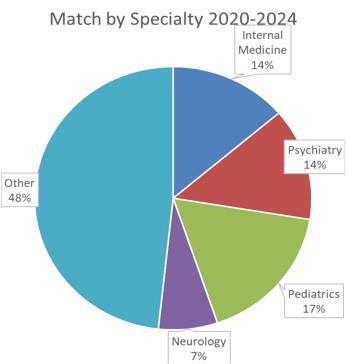
Match Day has been a day of celebration for our senior students. For the last 5 years, 24/29 students matched at one of their top three choices Our graduates fan out across the nation for their residency training. You can explore the map below to learn more about where they went.
Student Statistics
0
Average number of years to complete both degrees
0
Average number of publications as a MSTP student
0%
Percentage of eligible students who have an NIH F30 training grant
Admissions
To be considered for the VCU MSTP, prospective students must apply to the medical school through the American Medical College Application Service. Please designate “Combined Graduate/Medical Degree” on your AMCAS application.

The VCU MSTP is committed to a holistic application review, taking into consideration not only grades and scores, but the depth and quality of research experience, exposure to clinical medical opportunities, evidence of altruism, personal statements and unique factors that allow the applicant to contribute to a vibrant student population. Current VCU MSTP students often complete the initial review of submitted applications.

Undergraduate grade point average and Medical College Admission Test scores of applicants who ultimately enrolled in our program from 2021 – 2025.
After review by the MSTP admissions subcommittee and a trained file reviewer, selected candidates are invited for “virtual” interviews.
Typically, we interview around 36 applicants per admission cycle. We usually start in September and end in February, using two days for the visit. The two-day interview process is divided into a MSTP interview day and a medical school interview day (usually the following morning and early afternoon). This process allows applicants to interview with the medical school and the MSTP, meet current students and potential lab mentors, and to get a feel for the overall culture of the program. Please note our sample itinerary below:
(*Events are subject to change; all times are Eastern time zone.)
Day 1 – MSTP Admissions Interview Day
- 10:00 a.m.: Welcome and program overview with MSTP Program Director
- Noon: M.D.-Ph.D. seminar given by a faculty member or current MSTP student
- Afternoon: Individually scheduled visits with potential advisors, interview with student and member of steering committee, and interview with MSTP Program Director
- 5:00 p.m.: "Happy hour" with current MSTP students
Day 2 MD Admissions Interview Day
- Morning: M.D. admissions day activities and multiple mini interviews
- Afternoon: Additional visits with potential advisors and exit interview
- Note: Some MSTP applicants may have interviews on day 2 if specific faculty were not available on day 1.
Following the interview, the MSTP admissions committee will meet to complete the review of your application. You will also be considered by the School of Medicine Admissions Committee. Final admissions decisions are often made toward the end of the cycle. Importantly, students not accepted into the MSTP are not automatically considered by the Medical School Admissions Committee for the M.D. program. If you are not accepted into the MSTP at VCU and wish to be considered for admission to the medical school, you will have to contact AMCAS to change your application status and notify the Office of Admissions of the change.
We strongly encourage accepted applicants to attend the in-person Second Look event, usually held in early April. Second Look is a great opportunity to view current students’ research at our annual poster day, meet other accepted applicants, as well as meet potential advisors, and explore Richmond. Accepted applicants who are unable to attend can come to VCU at any time. We cover travel and lodging expenses no matter when a Second Look occurs.
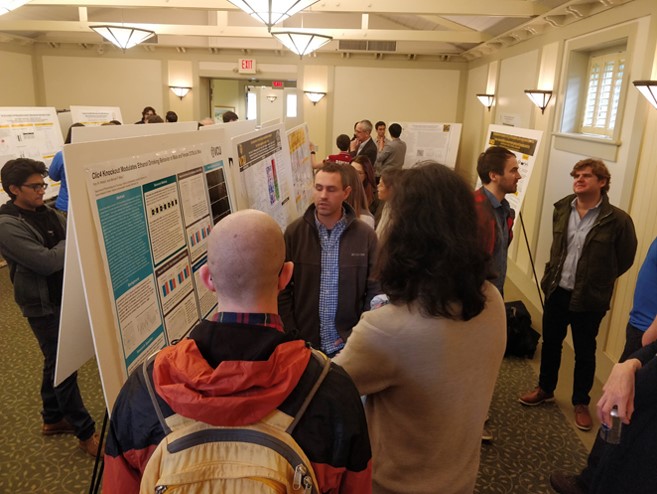
Research
Research Resources
VCU School of Medicine has been investing in research, building and renovating laboratories, and recruiting well-funded investigators. Sanger Hall, at 486,000 ft2, is the largest of our research facilities and has benefited from a total renovation of the fourth (pathology) and fifth (microbiology and immunology) floors since 2016 with open lab and shared space configurations. The Molecular Medicine Research Building, which opened in 2009, shares the open lab design, as does the Massey Comprehensive Cancer Center’s Goodwin Research Building, which opened in 2005.
Researchers at VCU also have access to a full suite of core laboratories, including state-of-the-art microscopy, transgenic/knockout mouse, proteomics and metabolomics, and structural biology cores. Additionally, the School of Medicine has a variety of pilot project grant opportunities for its faculty, which provide the seed funding that can lead to external grant success. Indeed, these efforts seem to be paying off, as grant funding to the School of Medicine faculty has been growing at an impressive rate.
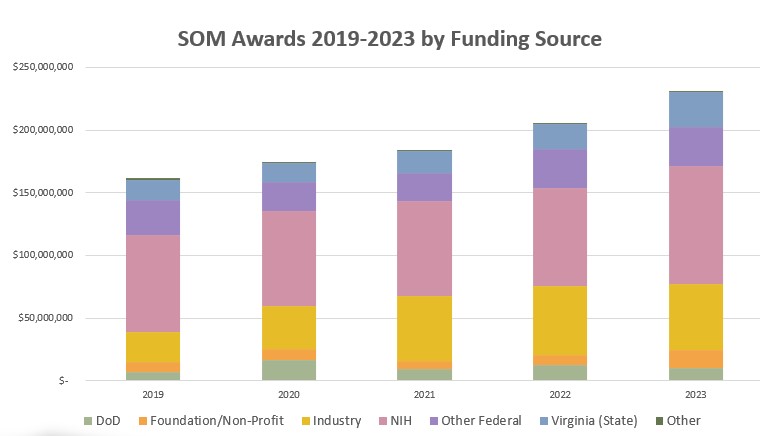
All of these efforts have tangible benefits for our MSTP students, who can choose a mentor from more than 110 participating faculty representing 17 Ph.D.-granting programs. Links to faculty who serve as current mentors for our students in the graduate phase, or recent mentors for our students in the last two years, can be found by visiting the student profiles.
While our participating faculty include well-funded and highly accomplished investigators in all of the programs available, it is worth noting some of our particular strengths.
-
The Kenneth and Dianne Wright Center for Clinical and Translational Research, endowed by the Wright family and funded by a Clinical and Translational Science Award from the NIH, provides a strong infrastructure for medically-relevant research, including grant and paper writing courses and workshops, biostatistics consultations, clinical trial support, research navigation and mentorship programs. The Wright CCTR is also home to the Ph.D. in Clinical and Translational Sciences with a specialized interdisciplinary concentration in Cancer and Molecular Medicine, the most popular dissertation program among MSTP students.
-
The Massey Comprehensive Cancer Center, with its National Cancer Center designation, is home to outstanding, cutting-edge treatments and also the full range of cancer-related research, from molecular to population-based research.
-
The Virginia Institute for Psychiatric and Behavioral Genetics conducts ground-breaking research into the interplay between our genome and complex mental disorders and behavioral traits, such as depression, schizophrenia, anxiety, obesity, sleep disorders, alcohol use and drug use.
-
The VCU Institute for Drug and Alcohol Studies brings together our many highly-funded researchers who study many aspects of these complex issues. VCU consistently ranks in the highest quintile of funding from both the National Institute of Drug Abuse and the National Institute of Alcohol Abuse and Alcoholism.
- VCU’s Stravitz-Sanyal Institute for Liver Disease and Metabolic Health supported by a $104 million gift in 2022 - brings together a team of extraordinary physicians, nurses, research coordinators and administrators to promote translation of scientific discovery to improve liver-related health by radical innovation and integration of education, research, technology and clinical care.
-
A full list of VCU research-intensive institutes and centers can be found here.
Ph.D. Training Options
MSTP students have many options for their dissertation work, including traditional department-based basic science disciplines in the School of Medicine, basic research in other colleges and schools within VCU, cross-departmental translational and clinical research, health care policy research and applied research in biomedical engineering.
|
Ph.D. Program |
Department |
School or College |
|
Cellular, Molecular and Genetic Medicine |
School of Medicine |
|
|
Biomedical Engineering |
College of Engineering |
|
|
Center for Clinical and Translational Research |
Office of Research and Innovation |
|
|
Epidemiology |
School of Public Health |
|
|
Health Policy |
School of Public Health |
|
|
Cellular, Molecular and Genetic Medicine |
School of Medicine |
|
|
Interdisciplinary |
School of Life Sciences and Sustainability |
|
|
Microbiology and Immunology |
School of Medicine |
|
|
Neuroscience and Anatomy |
School of Medicine |
|
|
Philips Institute for Oral Health Research |
School of Dentistry |
|
|
Center for Pharmaceutical Engineering and Sciences |
School of Pharmacy and College of Engineering (collaboration) |
|
|
Pharmacology and Toxicology |
School of Medicine |
|
|
Cellular, Molecular and Genetic Medicine |
School of Medicine |
|
|
Social and Behavioral Sciences |
School of Public Health |
*Students in the Integrated Life Sciences degree program may select concentrations in Behavioral & Statistical Genetics or Bioinformatics & Genome Sciences
Resources
Supporting our students is at the core of the School of Medicine's mission. We provide a wide variety of resources to help enhance our graduate students' experience and ensure their safety, as well as resources to support our faculty.
Curriculum
The VCU MSTP boasts an integrated curriculum, blending medical school with scientific studies throughout the journey.
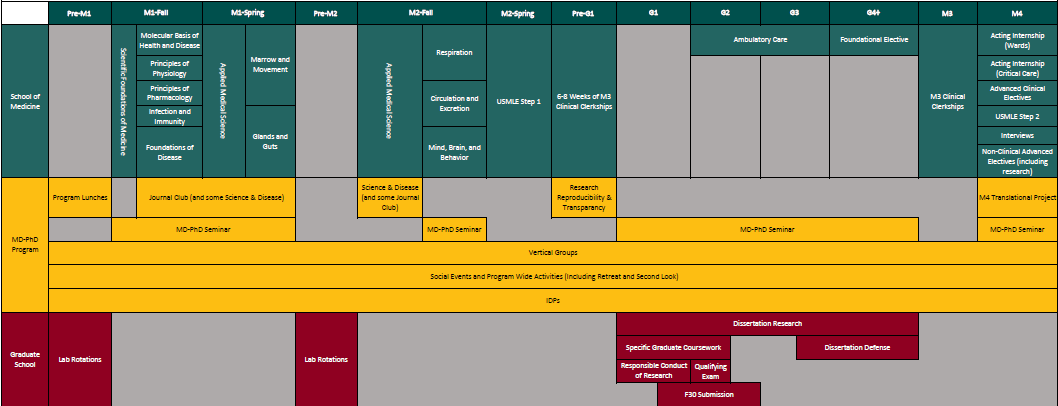
With the help of MSTP leadership, matriculating students jump right into the program. In June, before the start of their M1 year, students take the first steps toward selecting a graduate program and mentor by completing two rotations in laboratories of their choice.
The M1 curriculum begins with foundational concepts required to understand the structure, function and pathophysiology of the different organ systems. It then continues with study of concepts in hematology and oncology, the musculoskeletal systems, gastrointestinal system, endocrine and reproduction systems.
The MSTP supplements this material with a journal club and a science and disease series, each of which is coordinated with the MD curriculum and seeks a deeper understanding of the scientific foundation of topics under study. The summer between M1 and M2 features additional laboratory rotations. This summer period also includes introductions by graduate program directors and students to the various options available to our students.
M2 continues as M1 left off with systems-based basic and clinical concepts, covering cardiology, pulmonology, nephrology, neurology, and behavioral sciences content. Afterwards, students spend 6-8 dedicated weeks preparing for the USMLE Step 1 exam with close guidance from a faculty adviser on effective study plans and resources.
Content in the M1 and M2 years is accompanied by longitudinal coursework that builds up and reinforces the knowledge, skills, and professional behaviors taught the pre-clinical curriculum. The longitudinal curriculum includes the practice of clinical medicine, population health and evidence-based medicine, diagnostic reasoning, geriatrics, ultrasound, applied clinical anatomy capstone, and the patient, physician, and society courses.

Oral and written candidacy exams (qualifying exams) are typically completed late in G1, but timing can vary. Requirements differ by program, but often the written qualifying exam consists of a grant application based on the student’s dissertation project. This same proposal can often be adapted for F30 submissions. The oral qualifying exam is a crucial stage of the Ph.D. training and demands both specific and broad-based knowledge. The remainder of the graduate phase is committed to laboratory work directed toward manuscript submission and subsequent successful completion of the Ph.D. In addition, students participate in relevant conferences, seminars, journal clubs.
Submission of fellowship applications is a critical part of student training for successful careers as academic physicians. Therefore, all eligible students are required to submit an F30 fellowship application to the NIH as soon as possible during the graduate training phase. Typically, this occurs early in G2. Students not eligible for F30s can apply to the internal, equivalent V30 grant. The MSTP and School of Medicine Office of Graduate Education hold individual predoctoral fellowship workshops well before each of the three annual submission deadlines. Students are also encouraged to submit applications to other funding sources, such as the American Heart Association, the American Lung Association, or the American Cancer Society, as appropriate.
It is critically important for MSTP students to maintain their clinical skills while pursuing their graduate education. With that goal in mind, students attend a longitudinal clinic throughout the G2 and G3 years in fulfillment of the M3 Ambulatory Care clerkship requirement. In addition, during G4, students are encouraged to complete a two-week-long clinical foundational elective.
The experience of writing an original research manuscript, submitting it for publication in a reputable journal, responding to the criticisms of reviewers, re-submitting the manuscript and making any additional edits for final publication are essential parts of scientific research. All students are required to submit a first-author manuscript produced from work conducted as part of their Ph.D. studies at VCU. Prior to returning to medical school, this manuscript must be accepted for publication in a peer-reviewed journal that is recognized by PubMed or Web of Science.
The graduate phase of training ends with a successful dissertation defense, a requirement that must be completed prior to returning to medical school. Past and current M4 MSTP students developed and maintained an outstanding “Return to M3” Workshop to aid in the transition back to clinical training. The MSTP also purchases a Q-bank of questions, adapted from USMLE Step 2 board exams, to help students review clinically relevant material. Finally, each student has a session with a standardized patient.

MSTP students returning from graduate school have a great deal of flexibility in their return dates because they have already completed a clerkship before entering the graduate phase and have completed the Ambulatory Clerkship during their graduate training. Thus, MSTP students have the flexibility to begin clinical clerkships as late as October of the M3 year, but most start earlier in the year.
During the M3 year, students receive clinical training by rotating through various clinical settings, including the VCU Health System, Riverside Regional Medical Center, the Richmond Veterans Affairs (VA) Medical Center, and other health care facilities throughout the region. This rich clinical experience is supplemented by didactic presentations on practice-related topics. All M3 students complete required clerkships in internal medicine (8 weeks), surgery (8 weeks), pediatrics (6 weeks), OB/GYN (6 weeks), psychiatry (4 weeks), neurology (4 weeks), family medicine (4 weeks) and ambulatory medicine (completed during G2 and G3 for MD-PhD students).
Students proceed to the final phase of training in their M4 year. In this advanced clinical training phase, all students will complete a 4-week required clerkship in Emergency Medicine, as well as 8 weeks of acting internships. The remaining time in the M4 curriculum includes 40 weeks of elective time, of which at least 20 weeks must be completed in clinical electives. Additionally, students may opt to complete some clinical experiences at other institutions, especially where they would like to match as residents.
All students are required to take the USMLE Step 2 CK exam for the no later than October 1 of the year before their intended graduation. Students are required to pass the USMLE Step 2 CK exam prior to graduation.
Each M4 MSTP student is also expected to complete a senior clinical or translational research project. The project may or may not build on the Ph.D. dissertation. The mentor and project are chosen and outlined by the student. The project can be completed at another institution. Each student is expected to present a poster describing this experience during the spring Second Look event.
Our Students
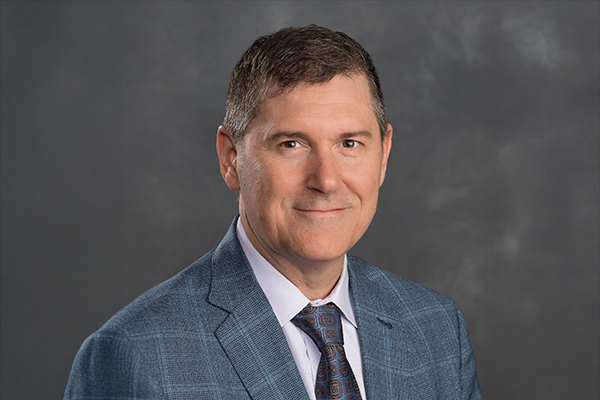
David D. Limbrick, M.D., Ph.D.
Director, Medical Scientist Training Program

David D. Limbrick, M.D., Ph.D.
Director, Medical Scientist Training Program
Medical Scientist Training Program
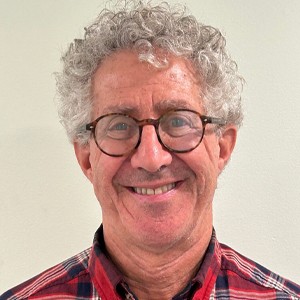
Brian "Binks" Wattenberg, Ph.D.
Associate Program Director

Brian "Binks" Wattenberg, Ph.D.
Associate Program Director
Medical Scientist Training Program
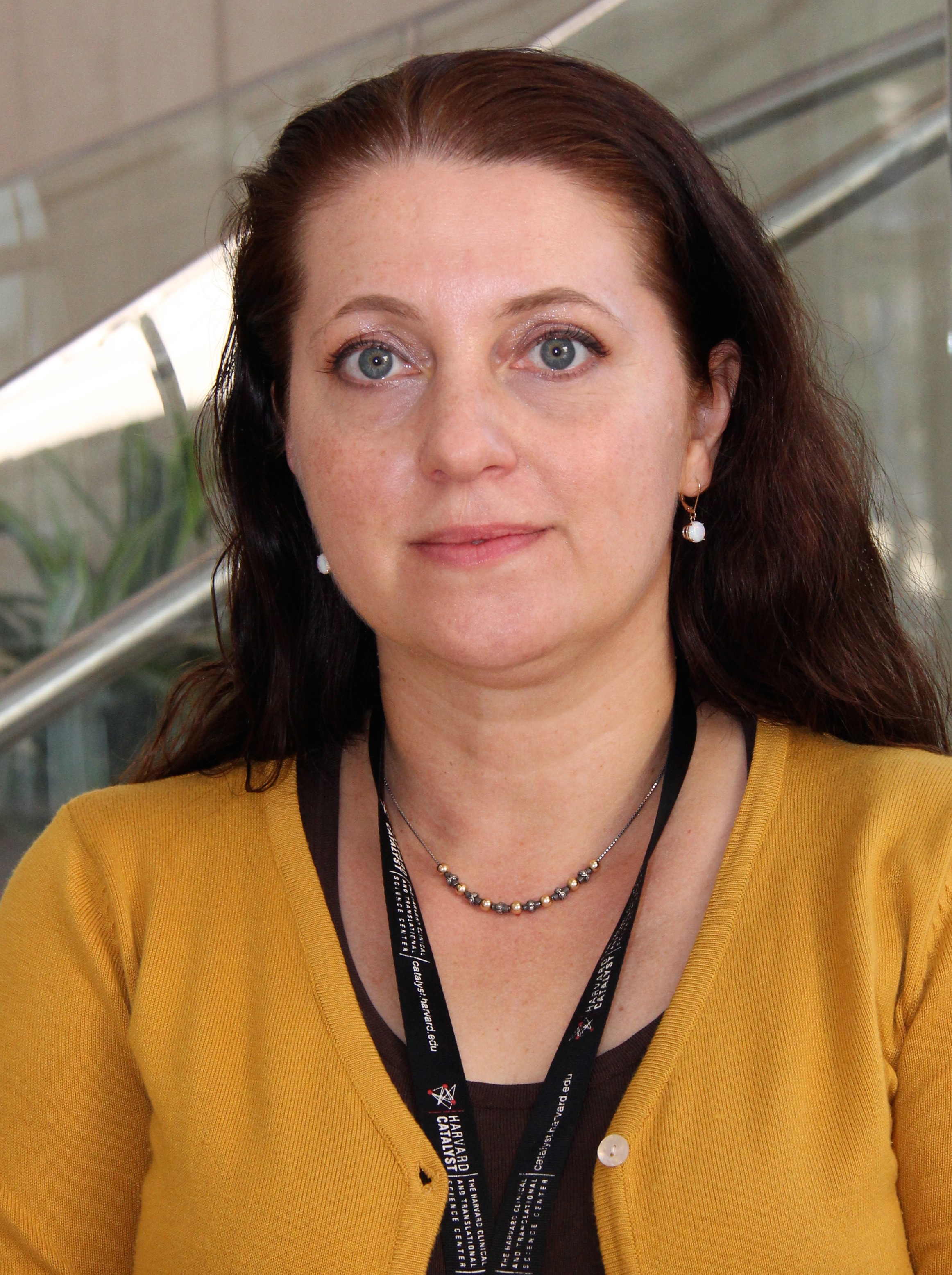
Larisa Litovchick, M.D., Ph.D.
Associate Program Director

Larisa Litovchick, M.D., Ph.D.
Associate Program Director
Medical Scientist Training Program
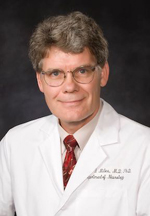
Michael Miles, M.D., Ph.D.
Associate Program Director

Michael Miles, M.D., Ph.D.
Associate Program Director
Medical Scientist Training Program
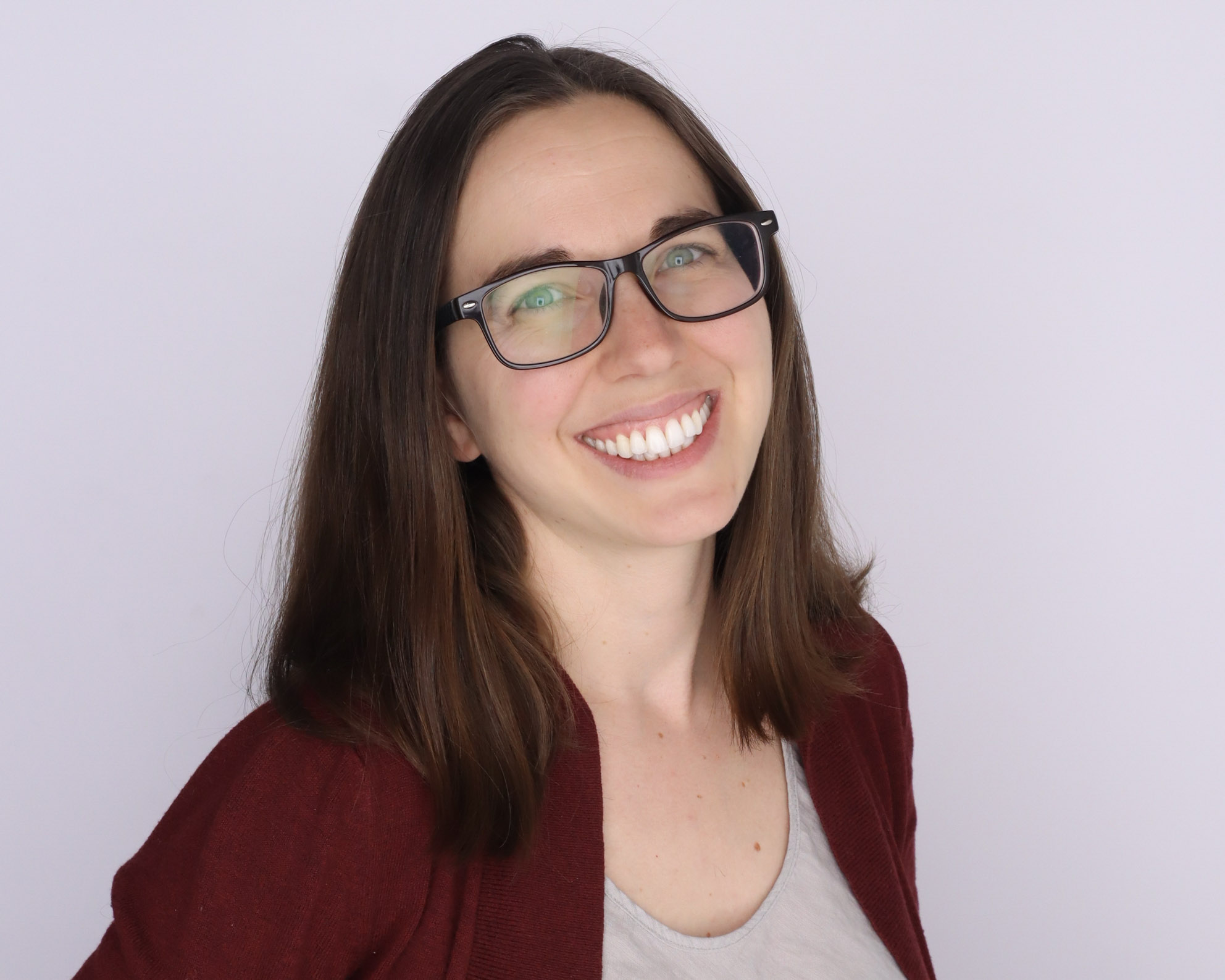
Annie Laib Jenkins, Ed.S., M.A.
Program Manager, Physician Scientist and Medical Student Research

Annie Laib Jenkins, Ed.S., M.A.
Program Manager, Physician Scientist and Medical Student Research
Medical Scientist Training Program
Phone: (804) 828-0673

Miranda Cox, MS
Program Administrator

Miranda Cox, MS
Program Administrator
Medical Scientist Training Program
Phone: (804) 828-0673
Email: Miranda.L.Cox@vcuhealth.org
VCUSOM Photo Slide show - Don't Delete
MD-PHD
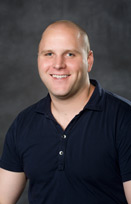
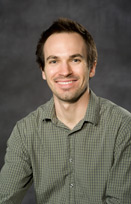




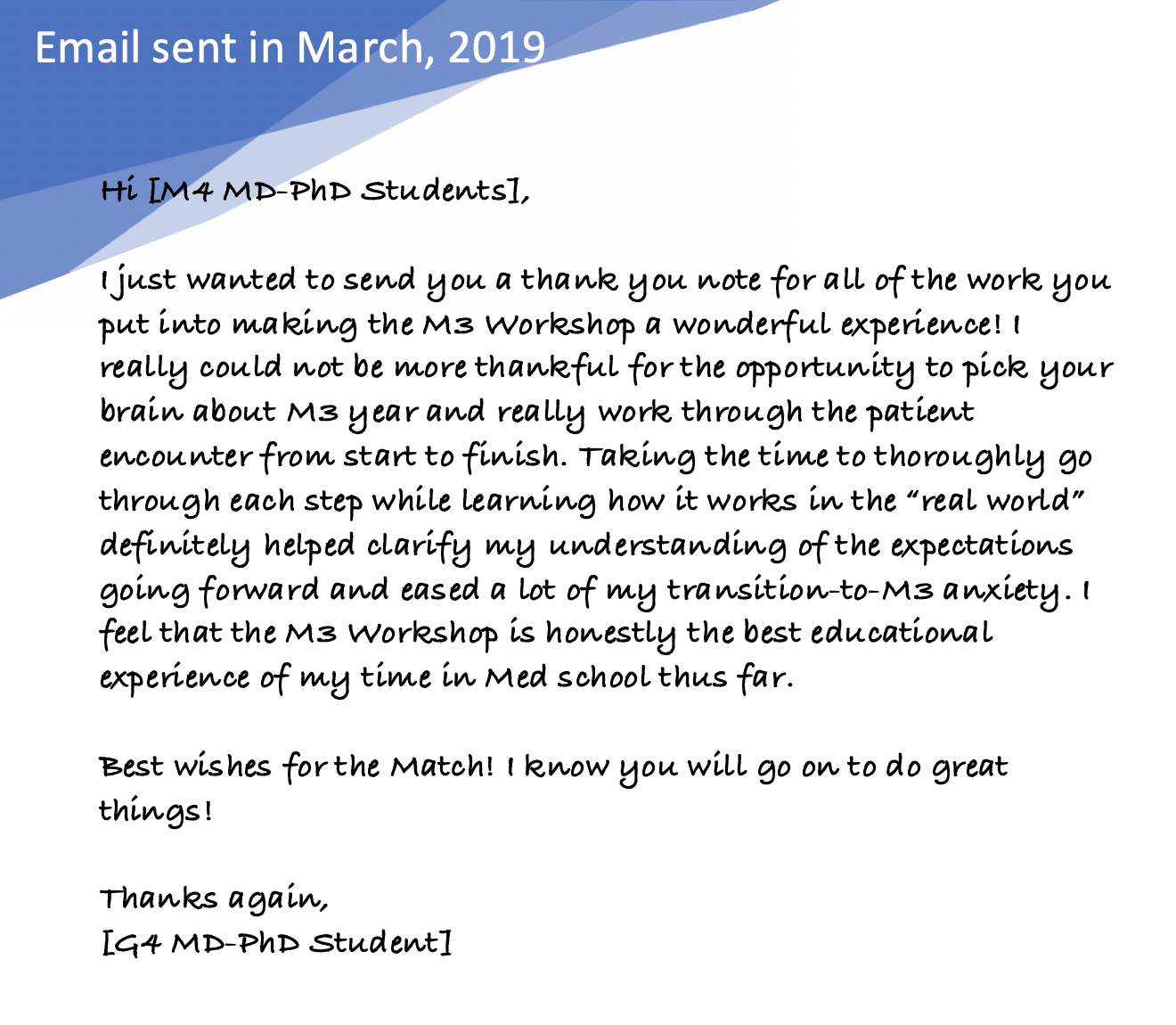

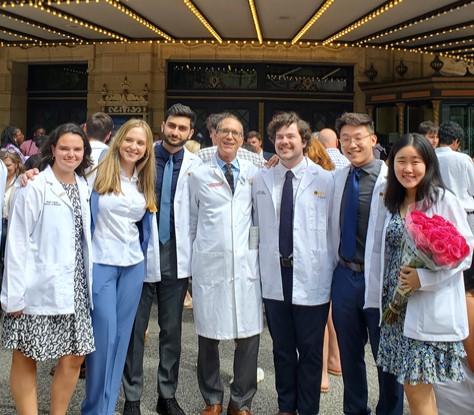
.JPG)
